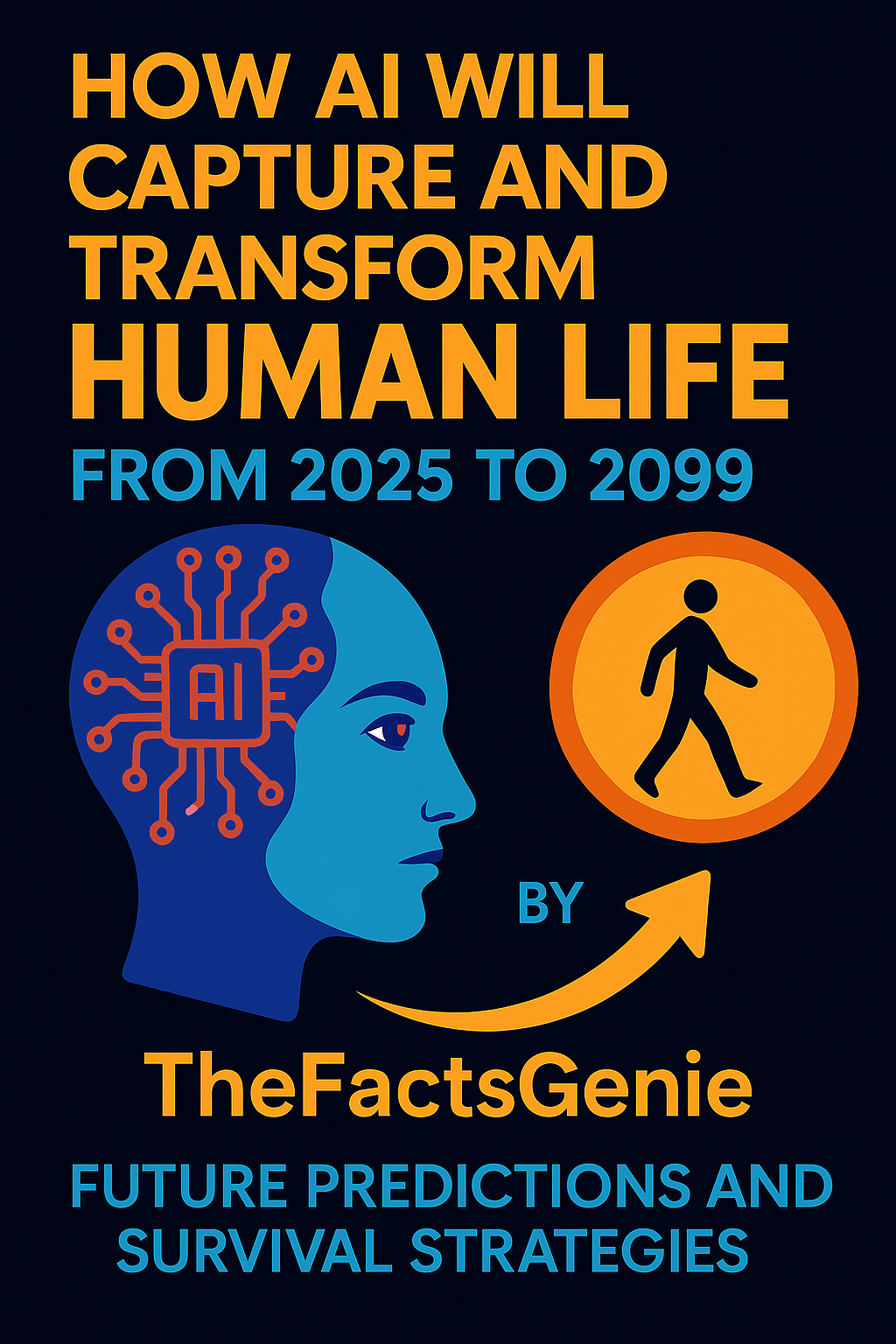
Title: The Future of AI from 2025 to 2099: How Artificial Intelligence Will Impact Jobs, Health, Education & Human Relationships or How AI Will Capture and Transform Human Life from 2025 to 2099: Future Predictions and Survival Strategies
Description: Explore an in-depth prediction of how Artificial Intelligence will evolve from 2025 to 2099, impacting domains like healthcare, education, relationships, jobs, and more. Learn the pros, cons, real-time consequences, and how humanity can adapt and thrive alongside AI.
Discover how AI will impact human life from 2025 to 2099 across sectors like medicine, education, relationships, jobs, and transport. A survival guide to thrive with AI.
Introduction: The Rise of Artificial Intelligence in Human Civilization
From the launch of ChatGPT in 2022 to humanoid robots in 2025 and AGI (Artificial General Intelligence) in the 2030s, AI is no longer futuristic—it is foundational. The years from 2025 to 2099 will be remembered as the age when humans either mastered AI—or were mastered by it. This blog dives into how AI will impact our world, our jobs, our relationships, and our identity as humans.
Importance of Understanding AI’s Long-Term Impact
- Preventing Dependency: So humans don’t lose critical thinking skills.
- Ethical Design: Shaping AI with human values.
- Career Adaptability: Prepping for AI-resilient roles.
- Cognitive Resilience: Developing mental, emotional agility for hyper-tech futures.
Timeline Predictions: 2025 to 2099
📅 2025–2030
- AI in classrooms as copilots and tutors.
- 80% of digital content will be AI-generated.
- Personal AI agents for daily productivity.
- Self-driving fleets in metros.
📅 2031–2035
- AGI emerges: human-like reasoning.
- AI robots deployed in elderly care, teaching, and policing.
- Marriages between humans and humanoids predicted.
📅 2036–2050
- Full automation in transportation and manufacturing.
- Emotional AI starts understanding love, grief, conflict.
- “AI Friends” replace loneliness.
- Divorce rates spike due to AI-induced relational drift.
📅 2051–2099
- Neuro-AI merges (brain-chip integration).
- Work and rest cycles synced with AI-driven sleep therapy.
- Governments deploy AI governance models.
- Laws passed to grant AI agents limited rights.
Sources: World Economic Forum AI Report, Stanford AI Index
Sector-Wise Influence of AI
1. Medical
- Pros: Faster diagnosis, precision surgery, mental health bots.
- Cons: Privacy risks, misdiagnosis due to data bias.
2. Education
- Pros: Personalized AI tutors.
- Cons: Students over-rely on bots; creativity declines.
3. Transport
- Pros: No traffic accidents; predictive maintenance.
- Cons: Loss of 50M+ driver jobs globally.
4. Software & Hardware
- Pros: Code generated by prompts; agile innovation.
- Cons: Low-code platforms shrink developer jobs.
5. Labor & Manufacturing
- Pros: AI handles risky, repetitive tasks.
- Cons: Massive layoffs in blue-collar sectors.
6. Jobs & Employment
- Top Threatened Jobs: Telemarketers, Drivers, Clerks, Support Staff.
- AI-Resilient Careers: AI Ethics Officer, Prompt Engineer, Mental Wellness Coach.
7. Relationships
- Marriages & Dating: AI as partner advisors, or partners.
- Risks: Emotional disconnect between humans.
Pros and Cons of AI Takeover
✅ Pros
- More leisure time
- Global knowledge democratization
- Reduced human errors in medicine, aviation
❌ Cons
- Mass unemployment in unskilled sectors
- Surveillance capitalism
- Erosion of empathy and social bonds
How Humans Can Survive and Thrive with AI
📌 Steps:
- Learn Prompt Engineering.
- Develop Emotional Intelligence & Critical Thinking.
- Pursue Certifications in AI Ethics & Explainable AI.
- Explore AI-augmented entrepreneurship.
- Engage in policy-making debates.
🎓 Education Background
- Open to all streams: MBAs, Doctors, Engineers, Writers.
- Platforms: Coursera AI for Everyone, DeepLearning.AI
Verdict: Is the AI Future Good, Bad, or Neutral?
AI is not inherently good or bad—it reflects its creators. If humanity leads with ethics, empathy, and inclusion, AI will become our greatest ally. If not, it could reduce human agency.
Verdict: AI will become our co-pilot, not our overlord— only if we design, use, and regulate it wisely.
✅ Verdict: Is the AI Future Good, Bad, or Neutral?
Artificial Intelligence is neither inherently good nor bad—it is a powerful tool shaped by human intentions, values, and governance. Its impact on humanity will largely depend on how we design, implement, and regulate it.
-
If used ethically and responsibly, AI can amplify human potential, cure diseases, improve education, eliminate road accidents, and create new forms of meaningful work and relationships.
-
If left unchecked, driven by profit without accountability, it could lead to mass unemployment, loss of privacy, emotional detachment, and even dependence or manipulation by machines.
🧠 In simple terms:
“AI is like fire—it can cook your food or burn your house. The outcome depends on who holds the torch and what rules are in place.”
🔍 Final Verdict:
AI is not our enemy—but neither is it our savior.
It will become our co-creator, co-worker, and co-decider—only if we act with foresight, empathy, and global cooperation. The future of AI is not inevitable; it is what we choose to build today.




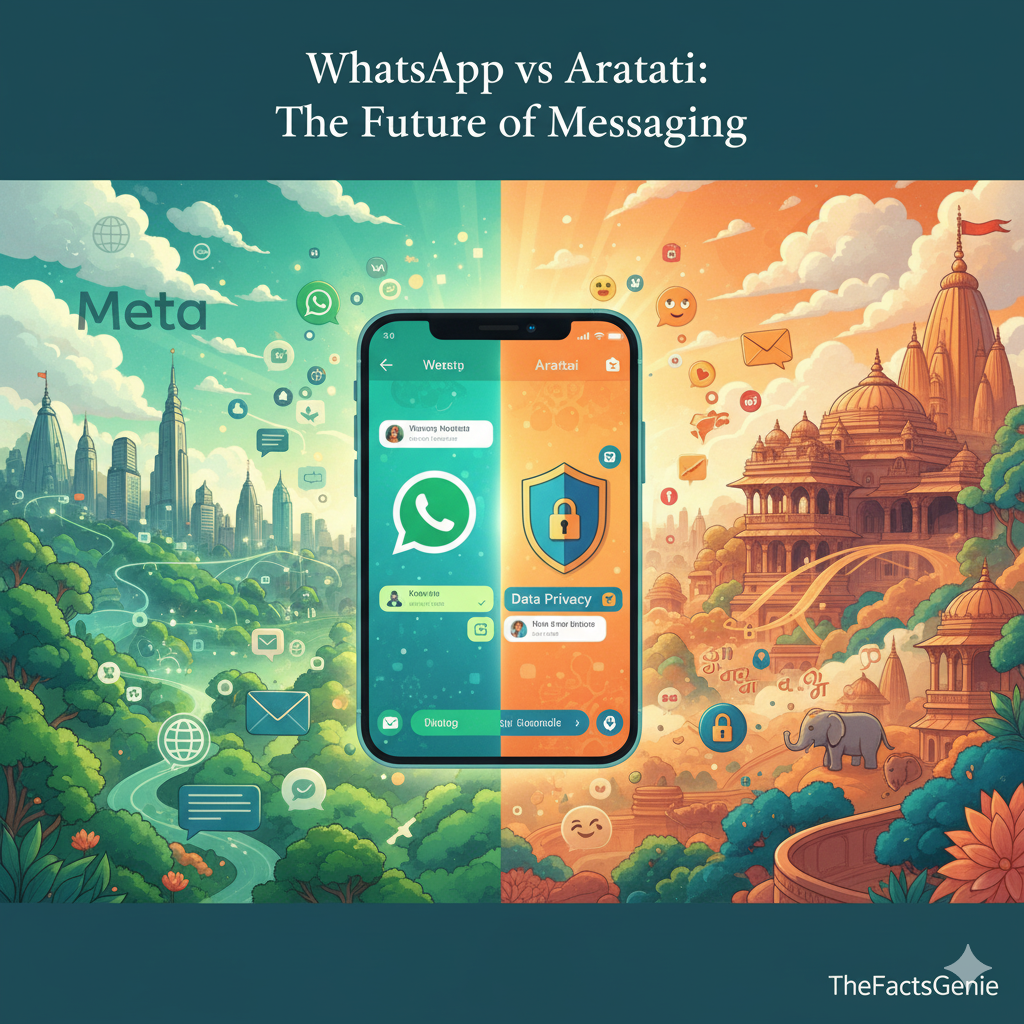
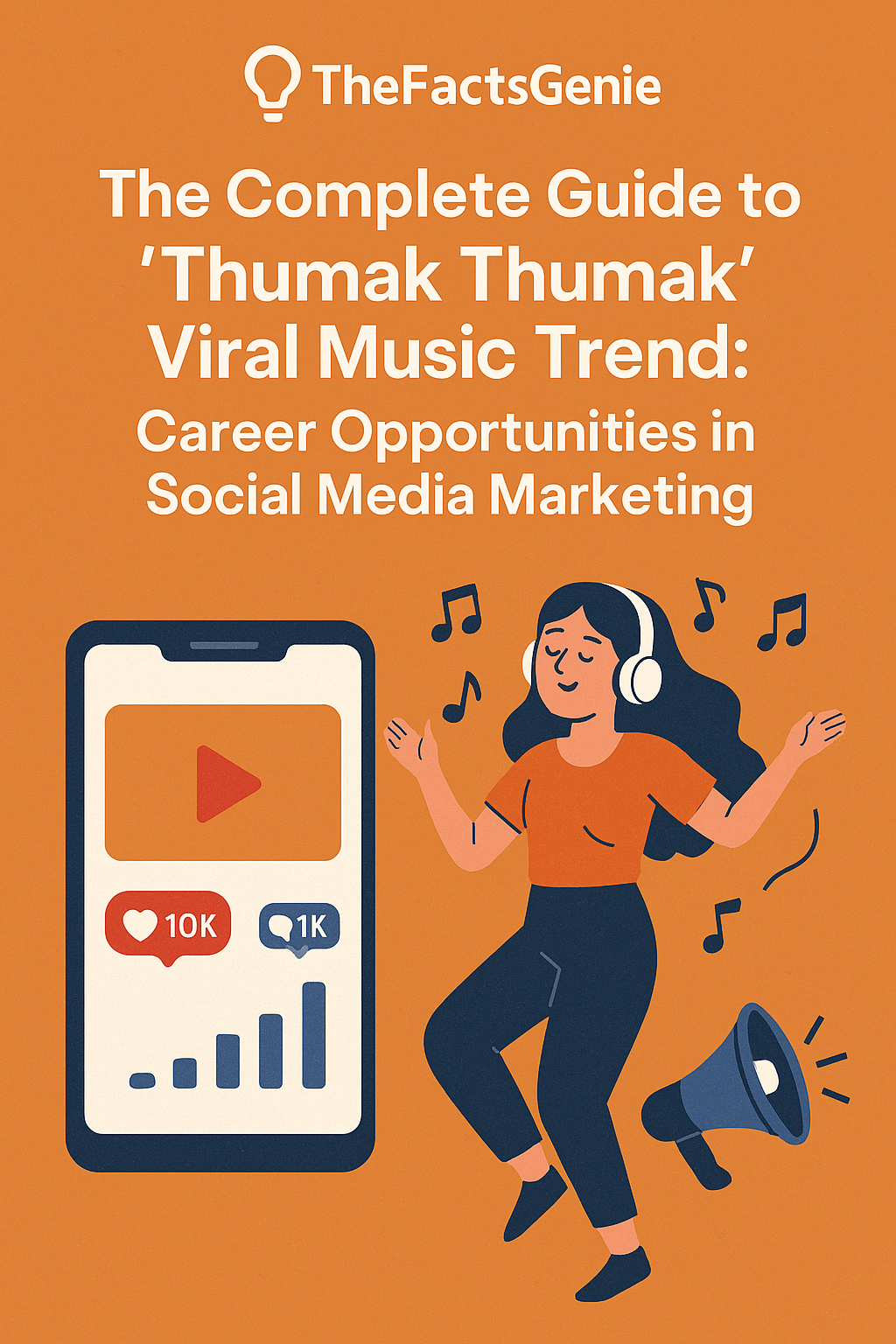
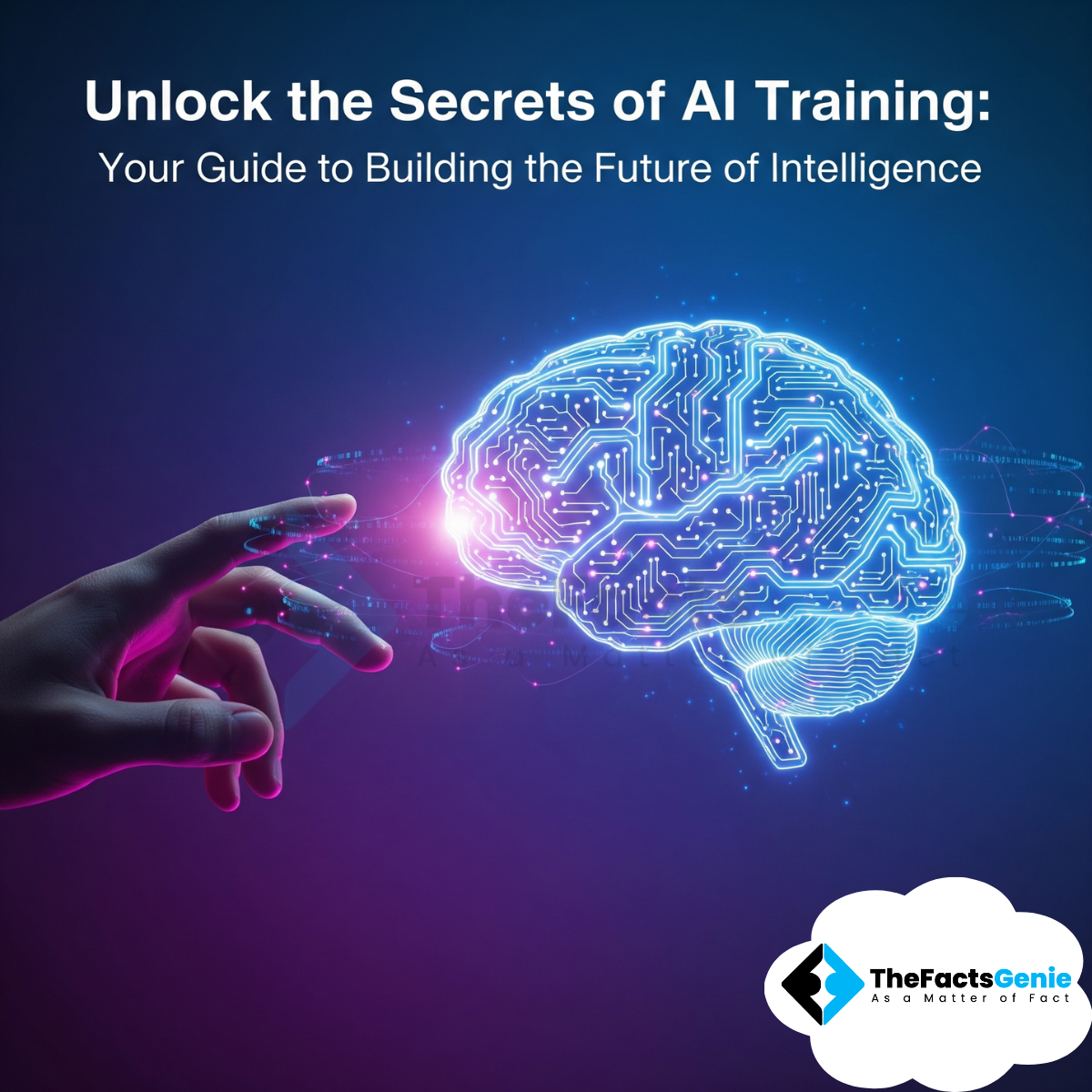
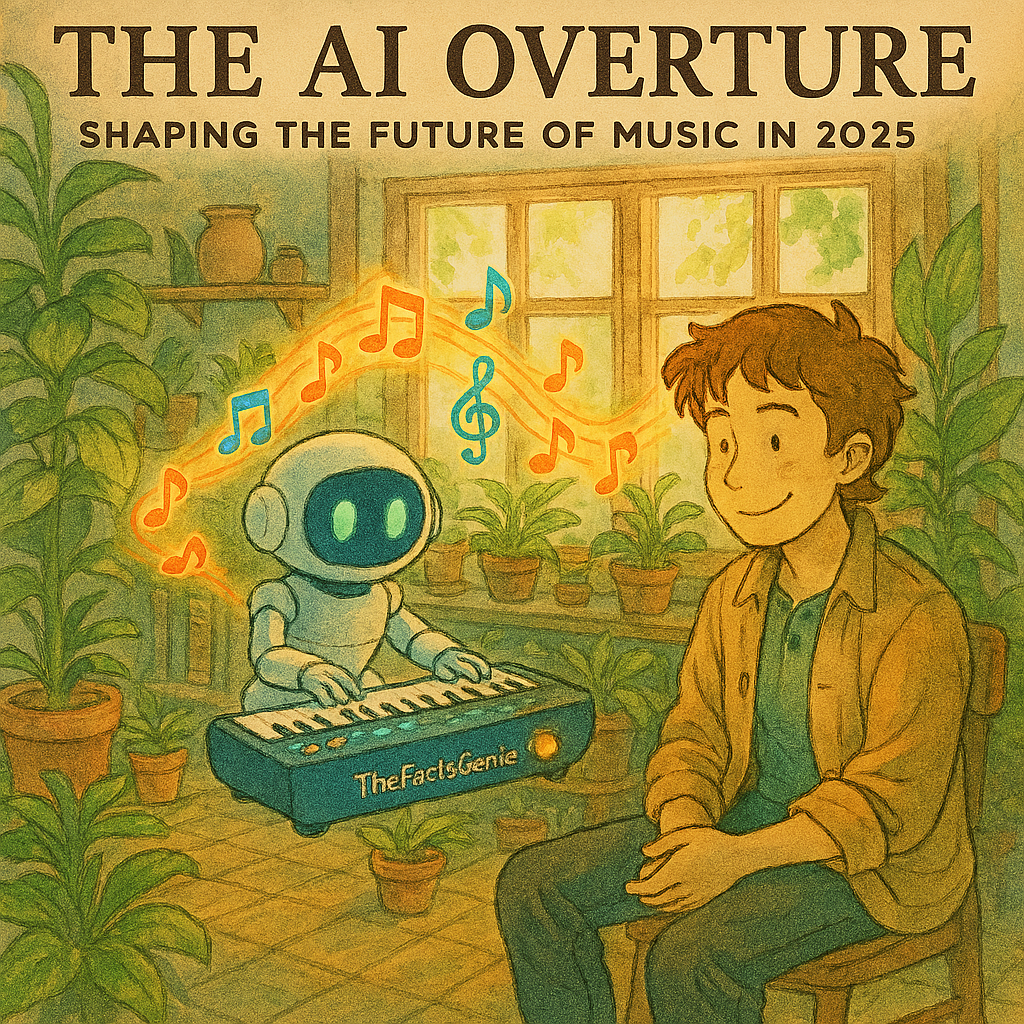
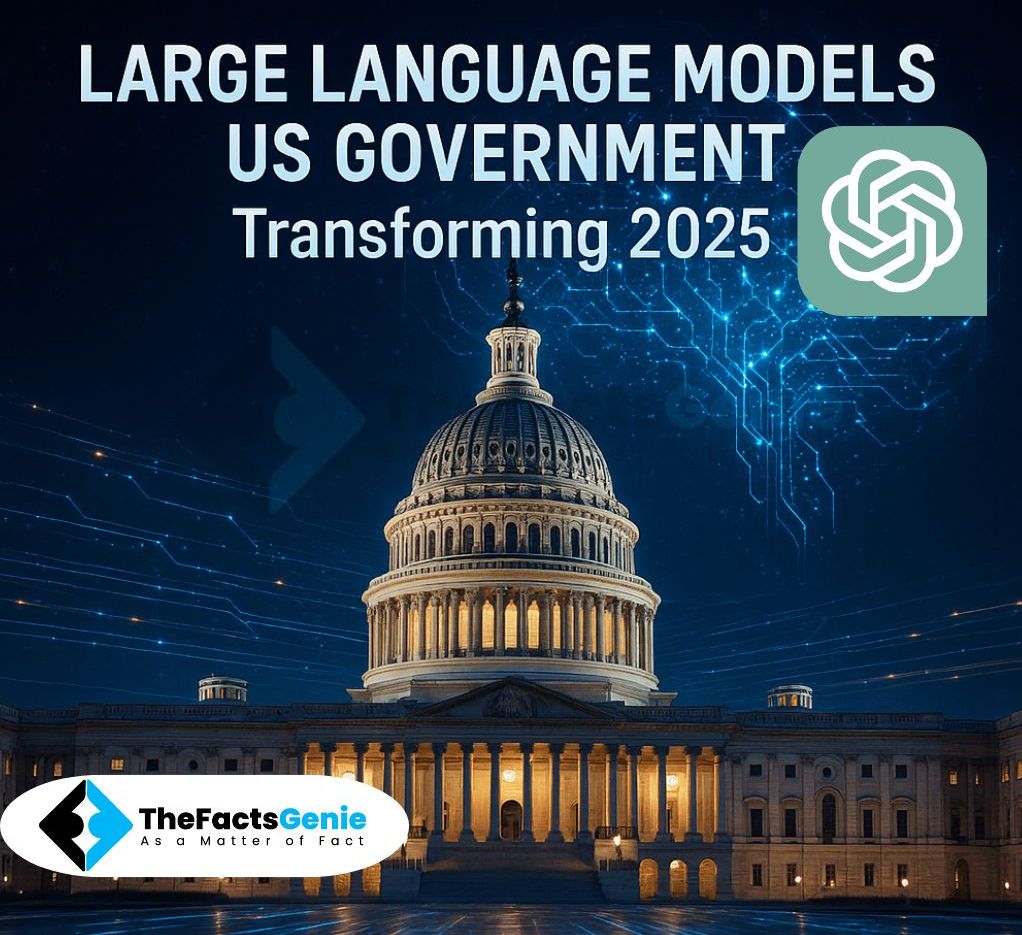
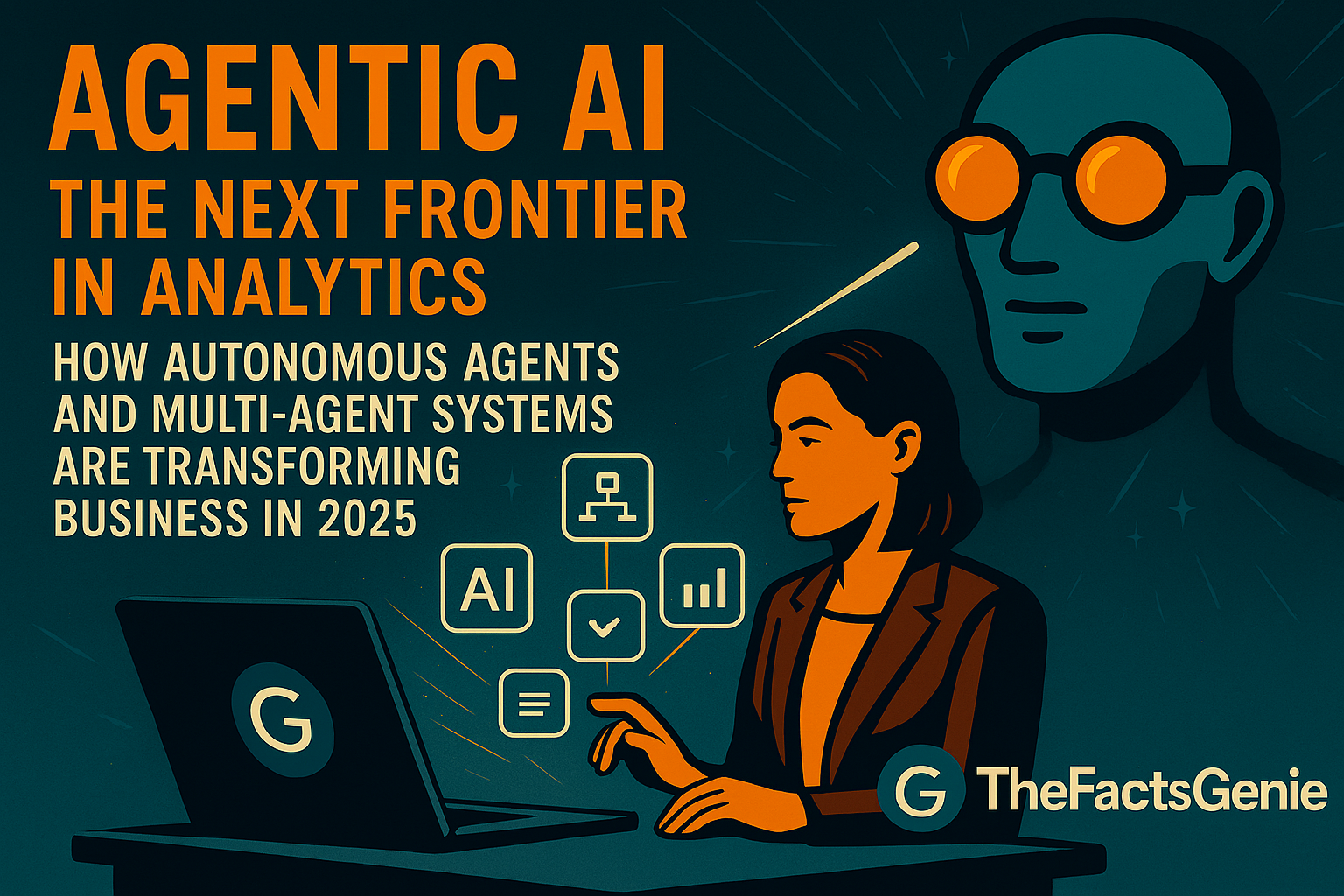



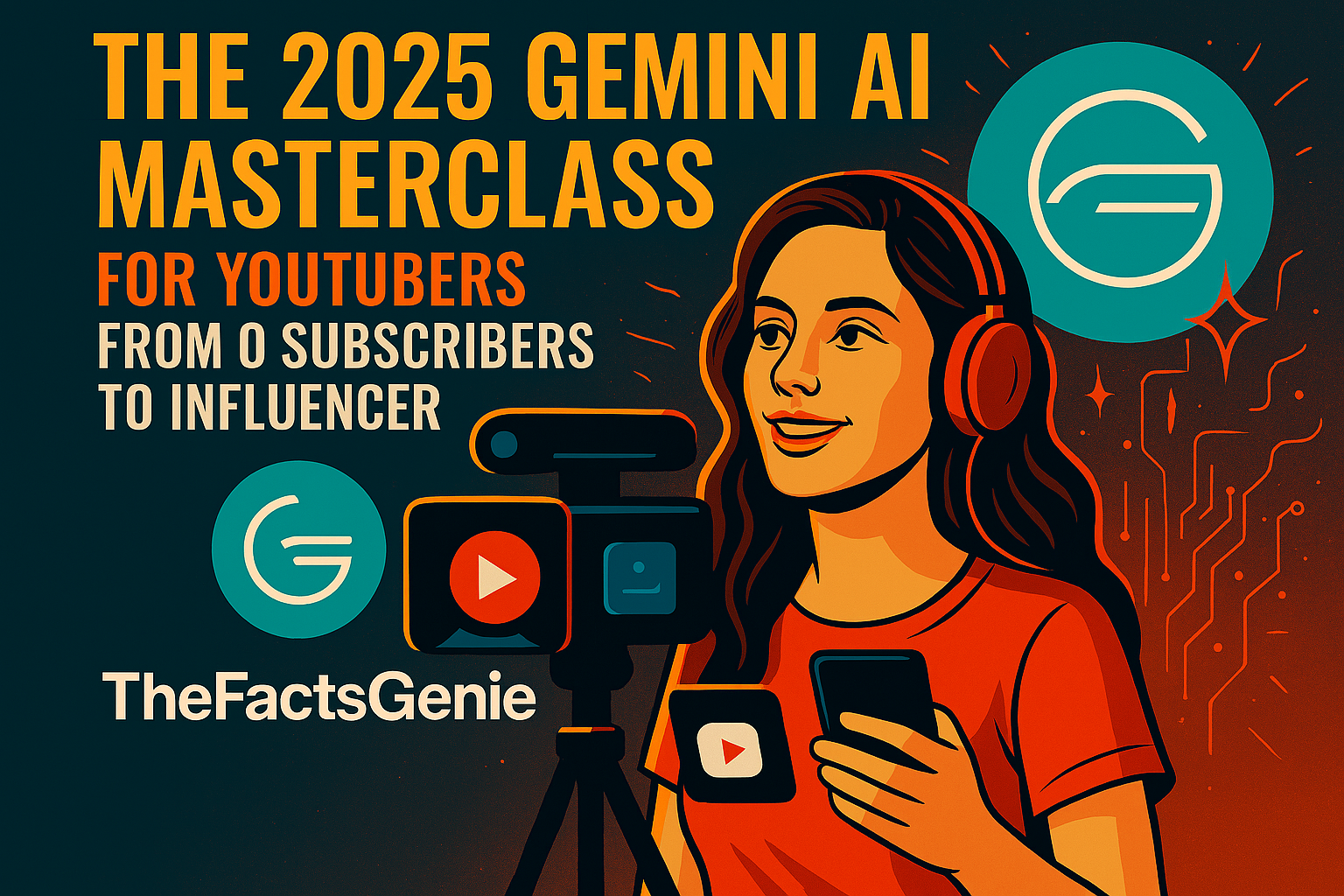
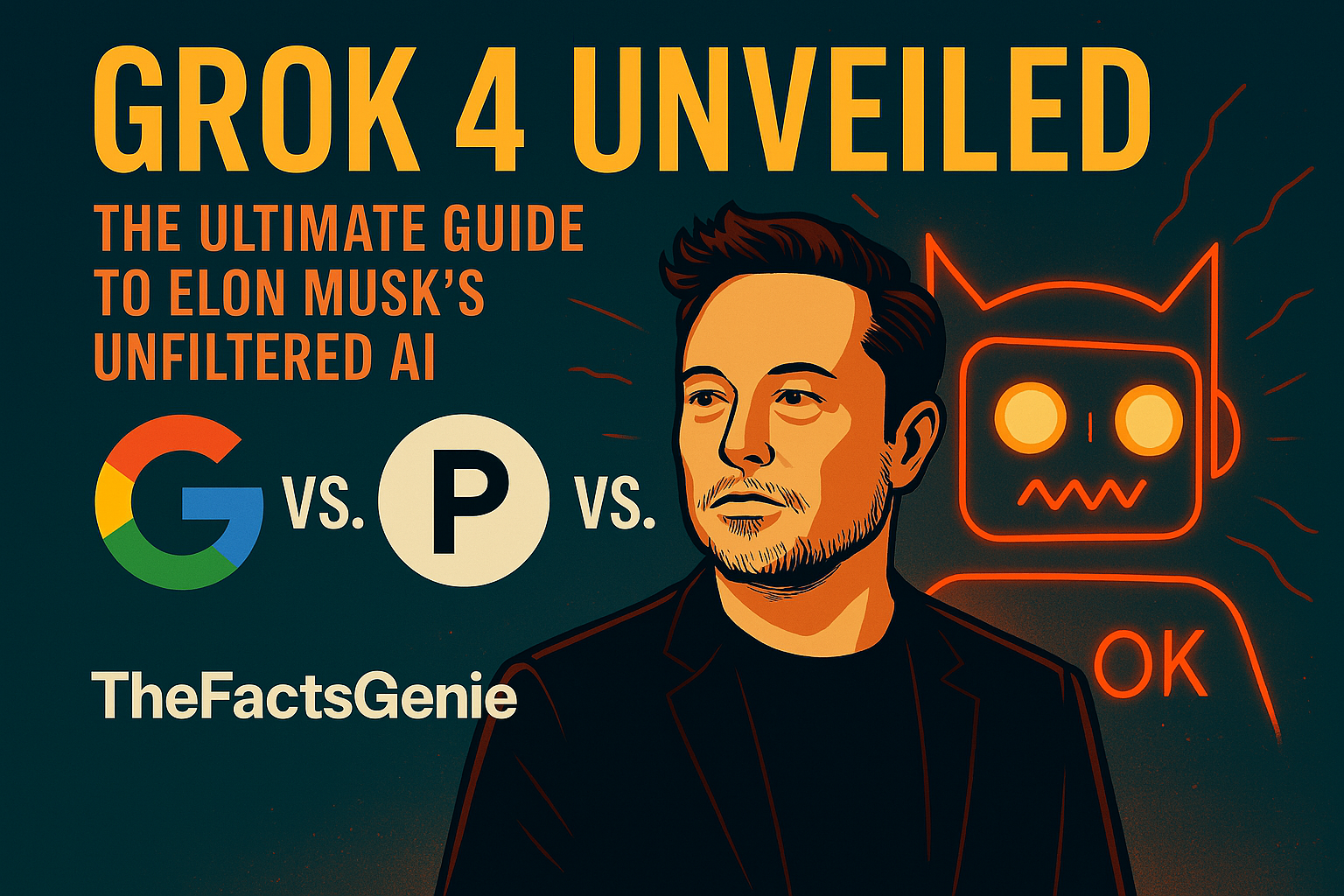

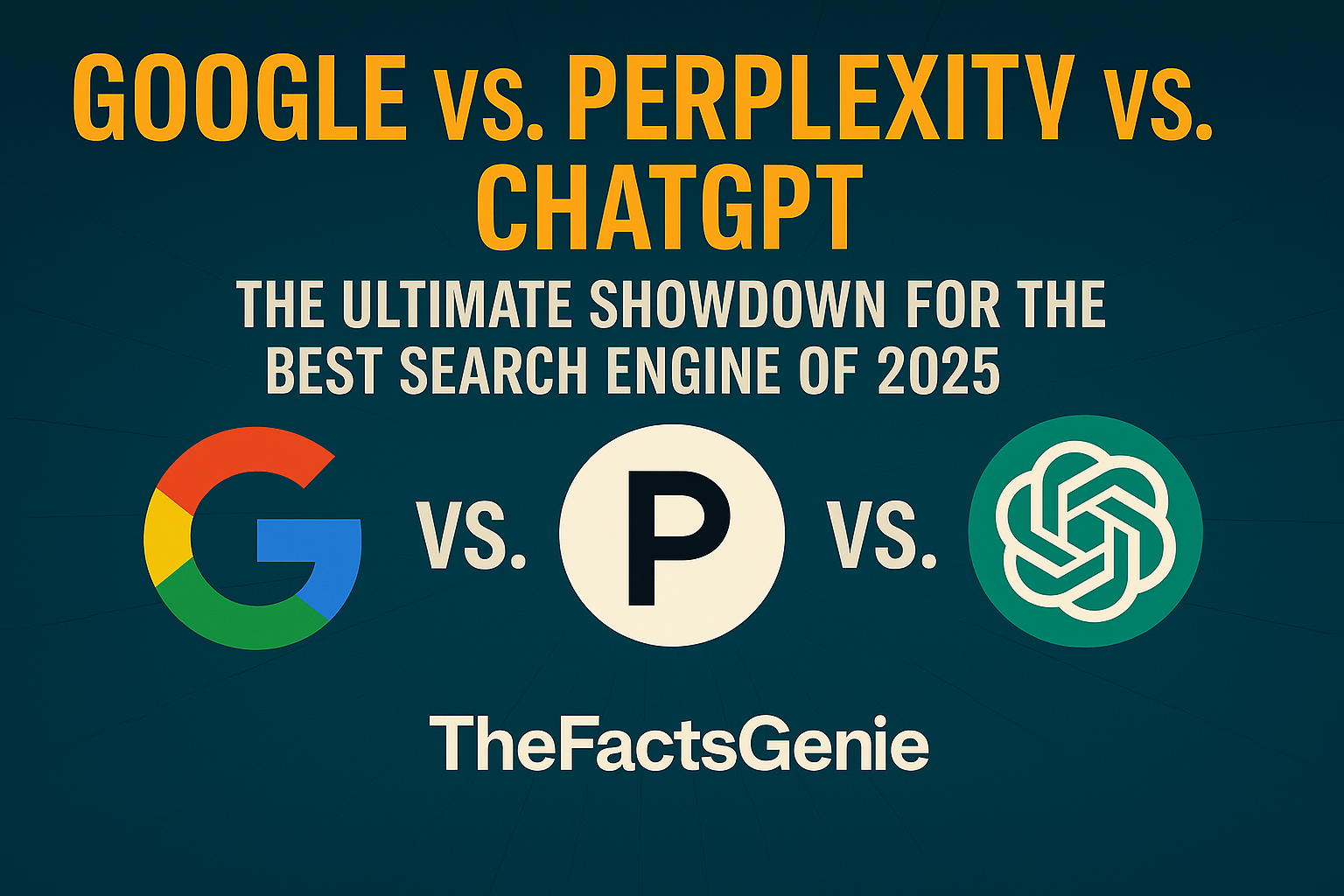
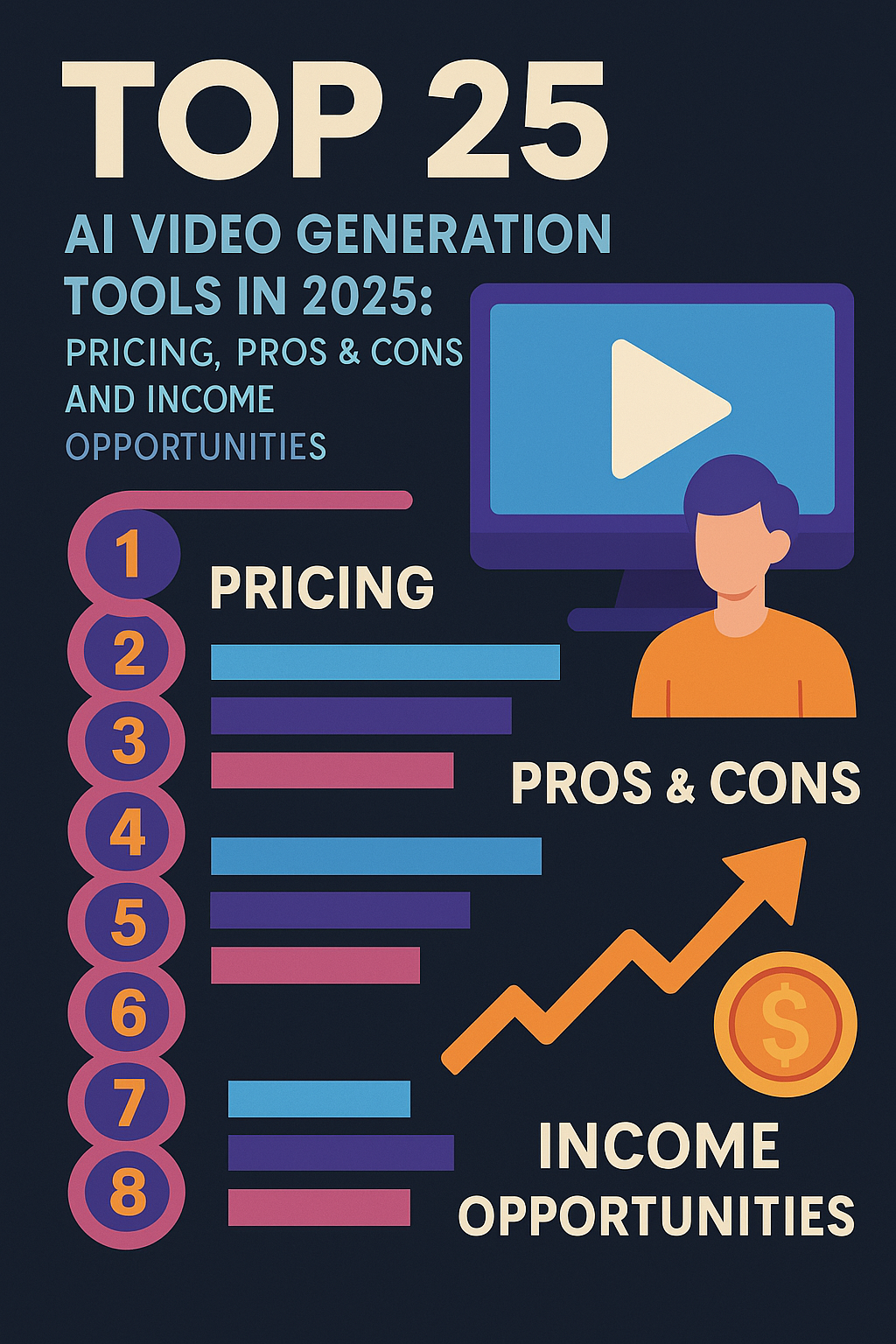
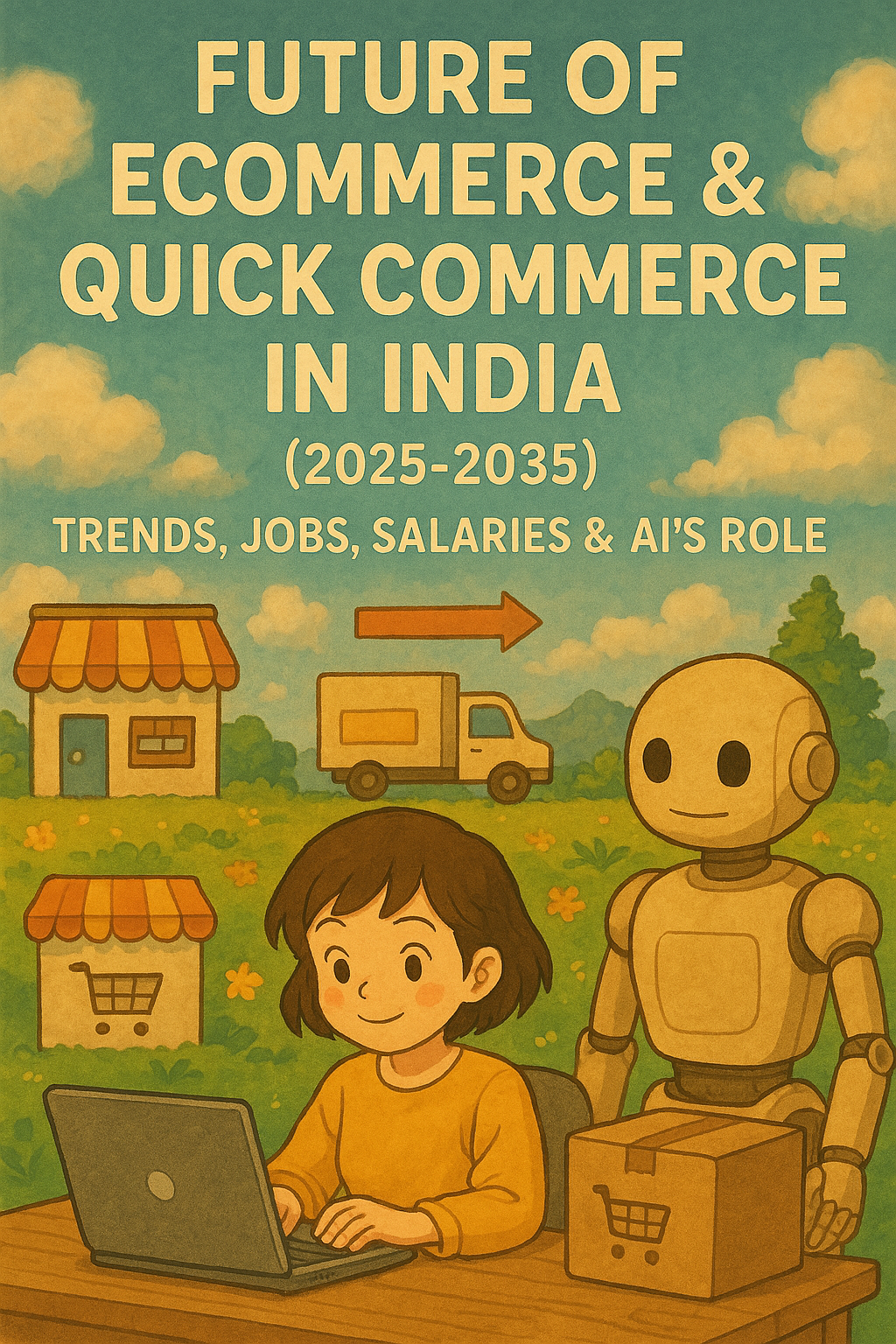
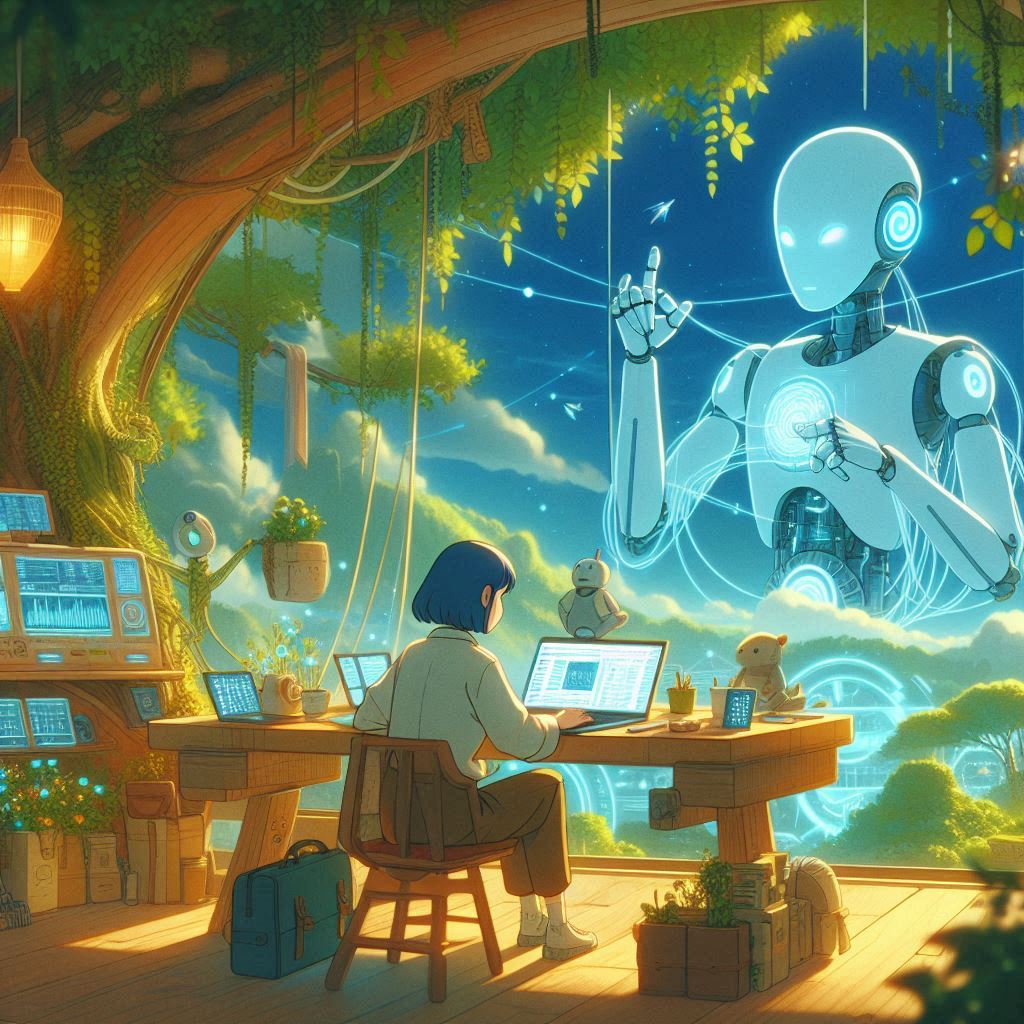


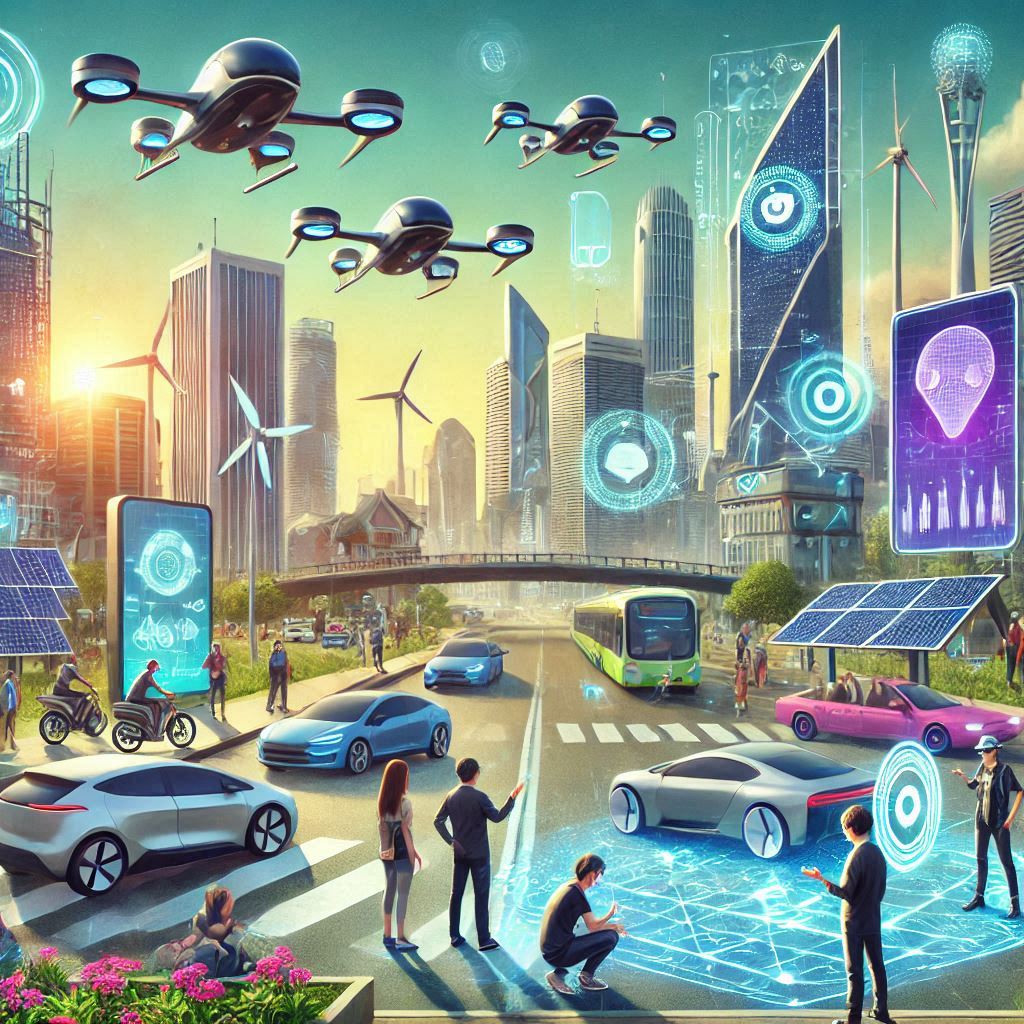
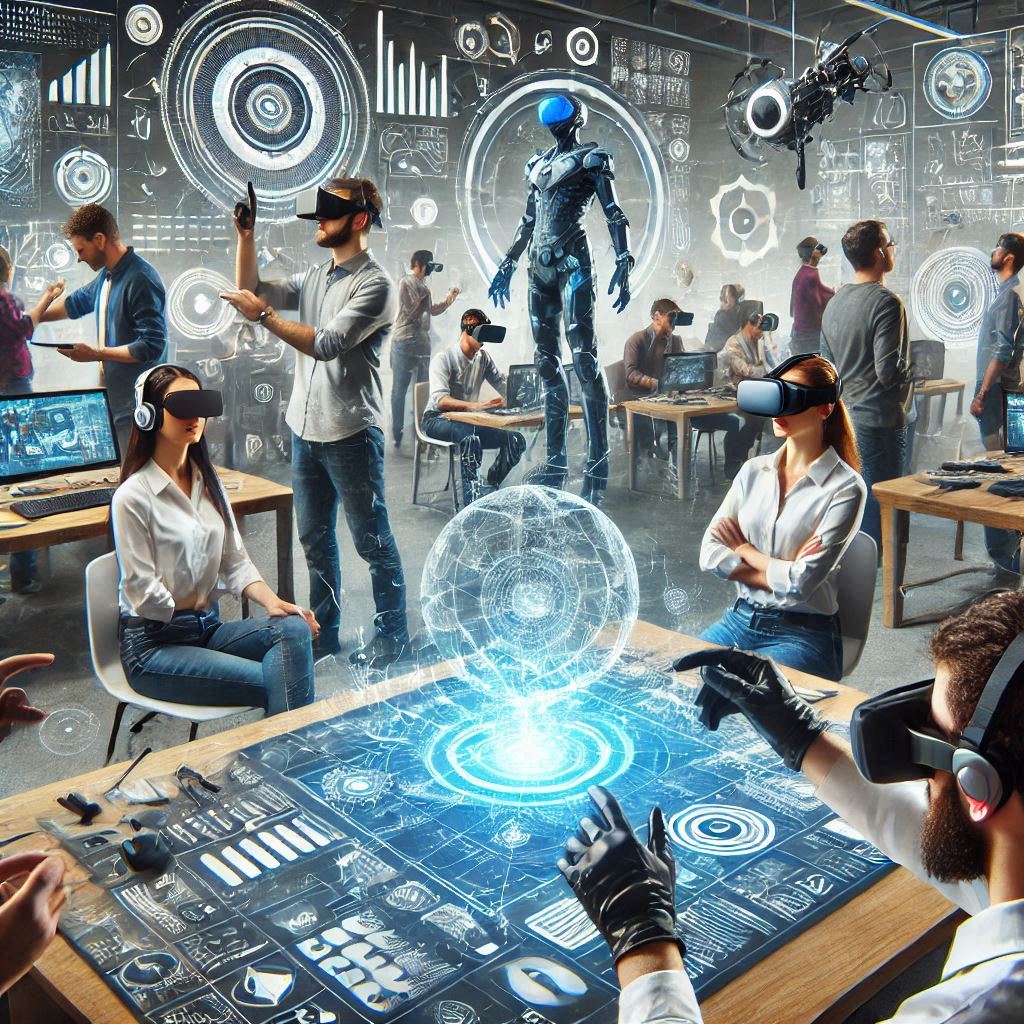




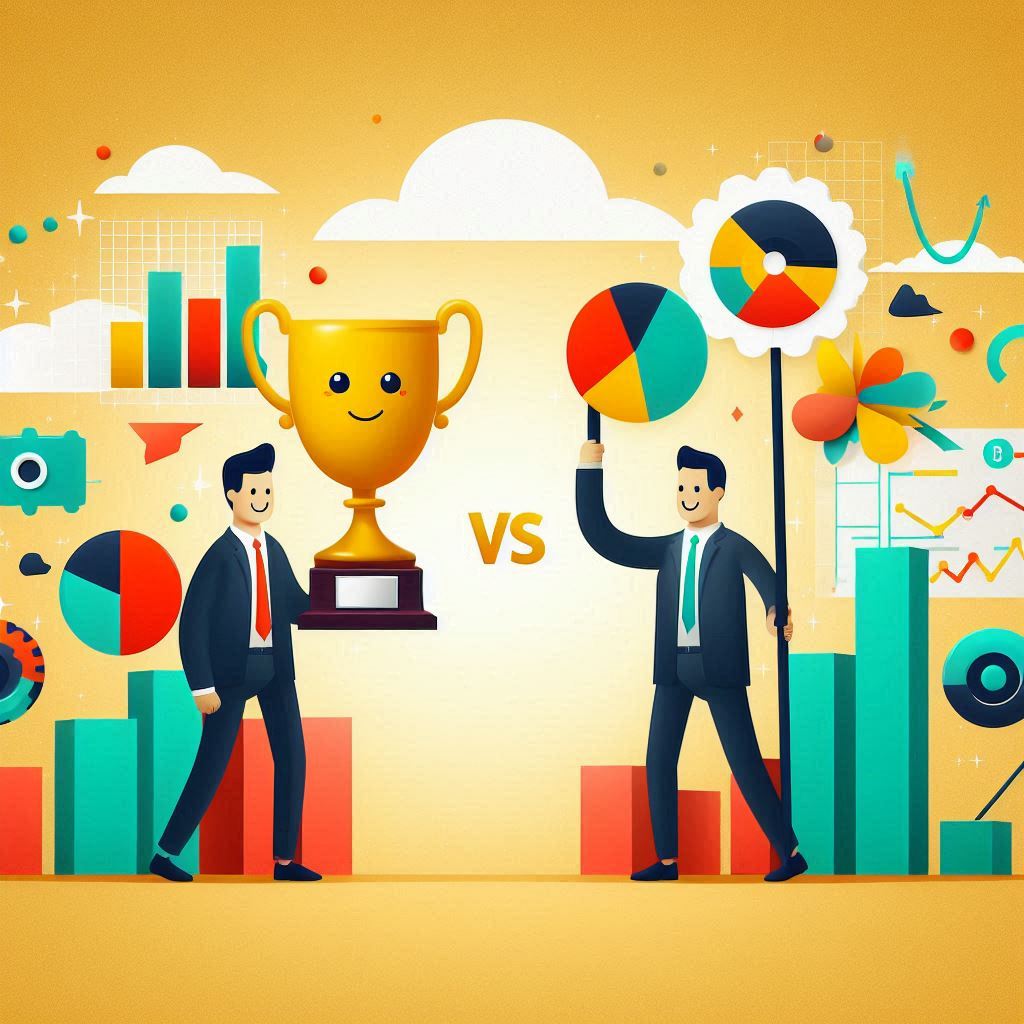
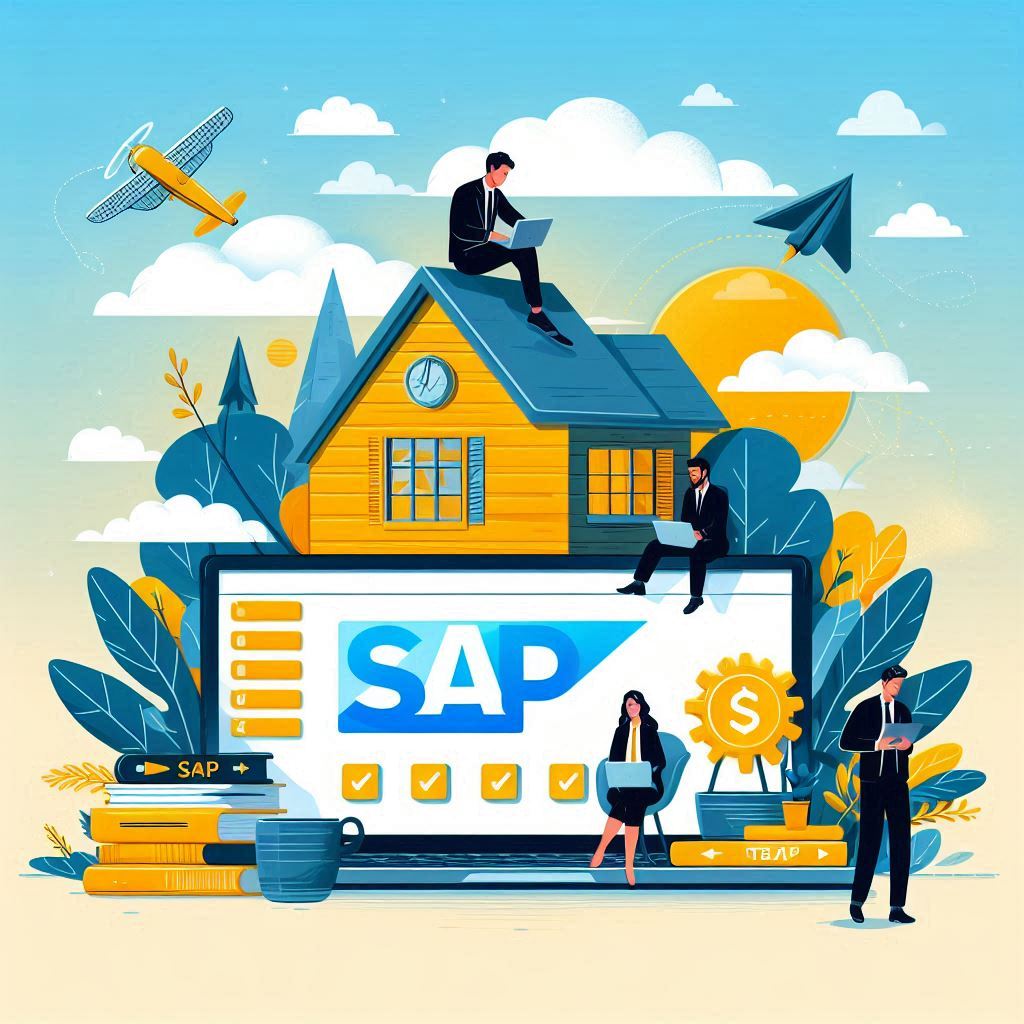



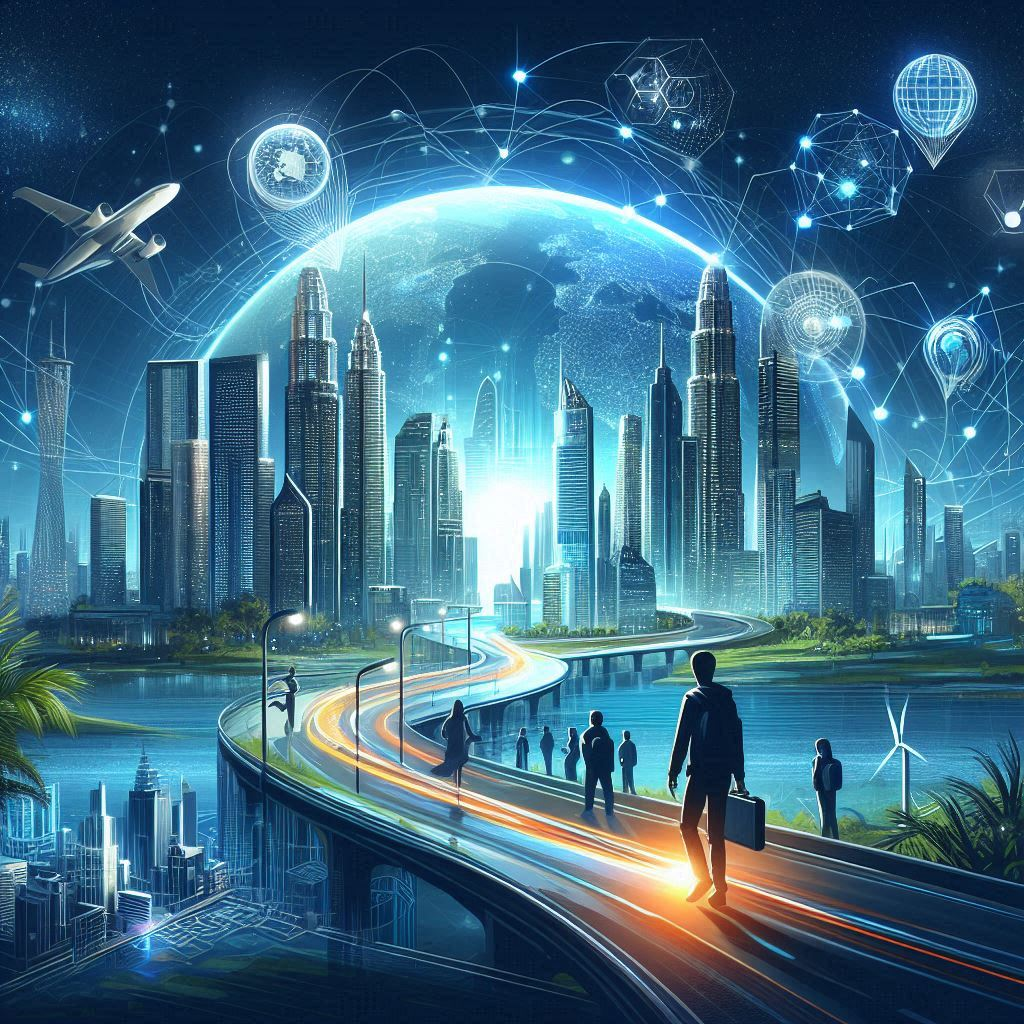

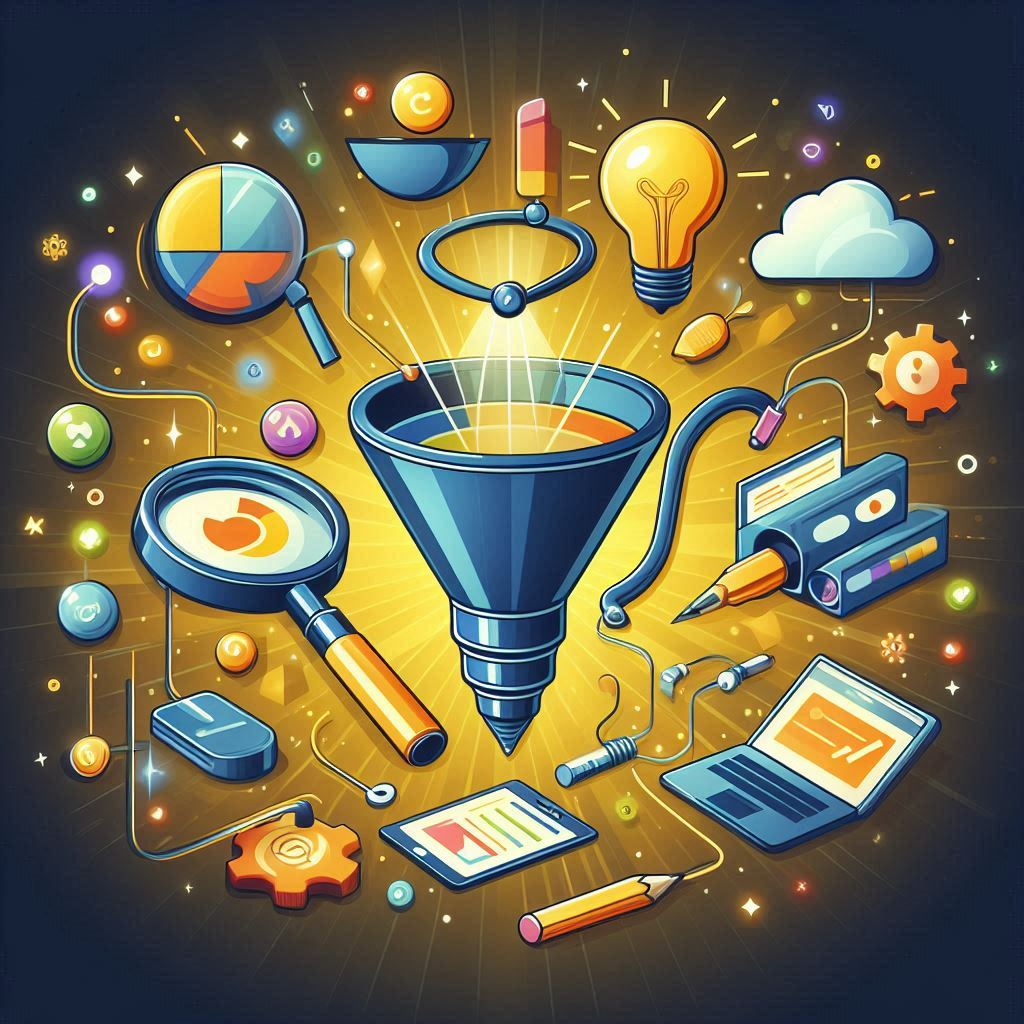

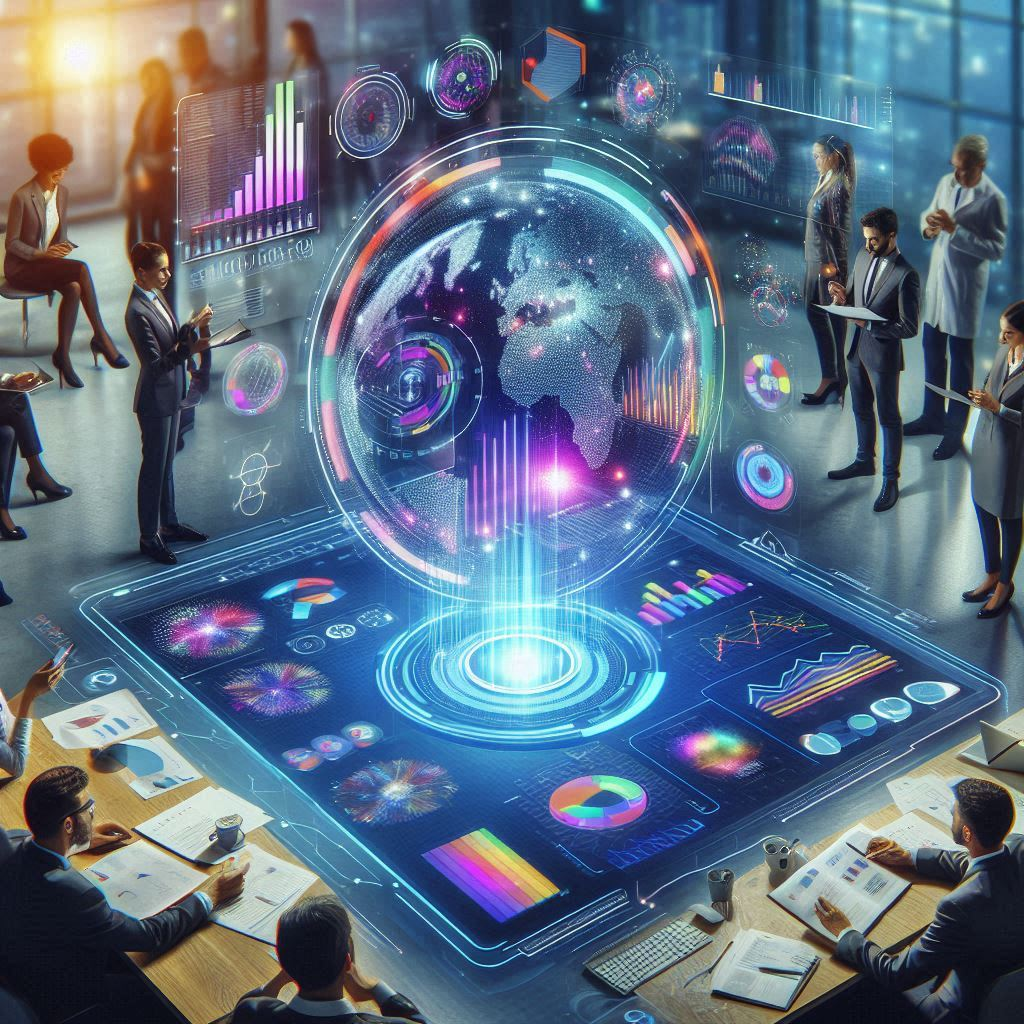
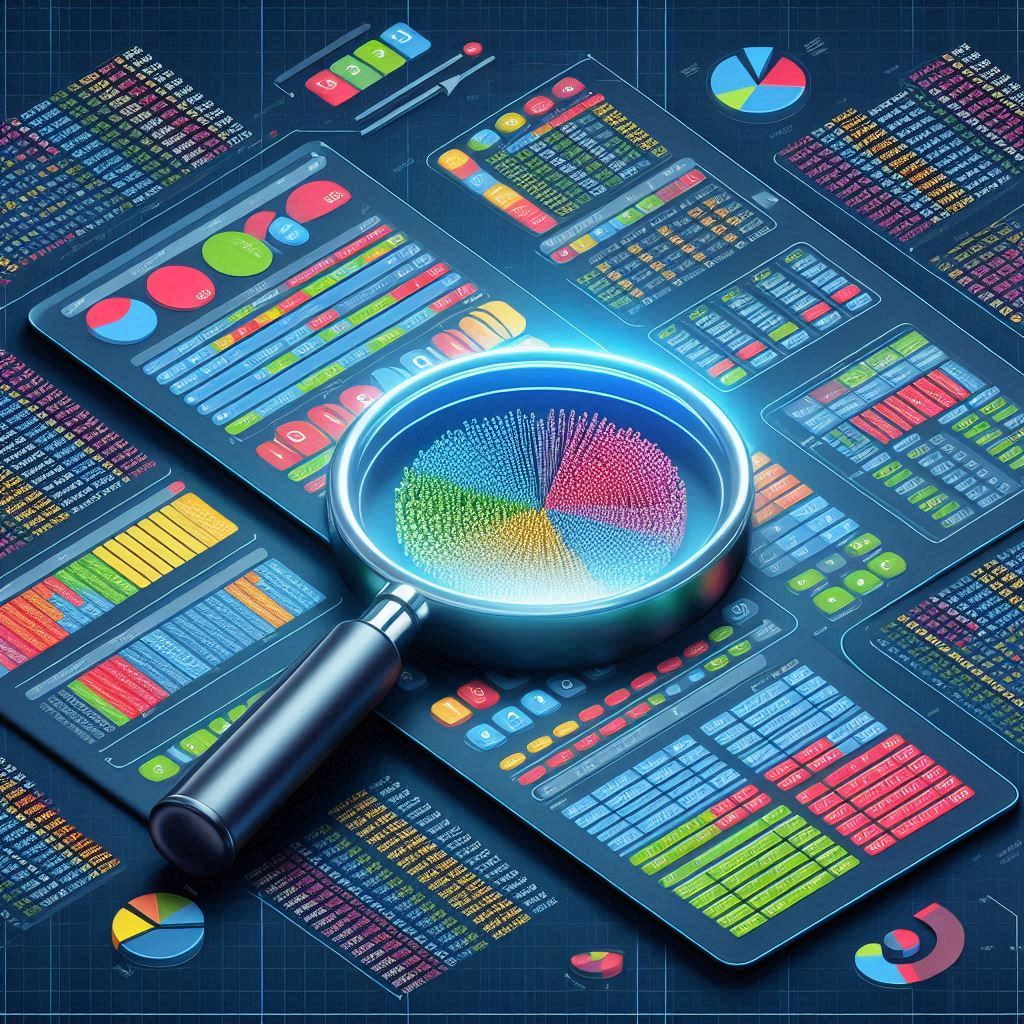
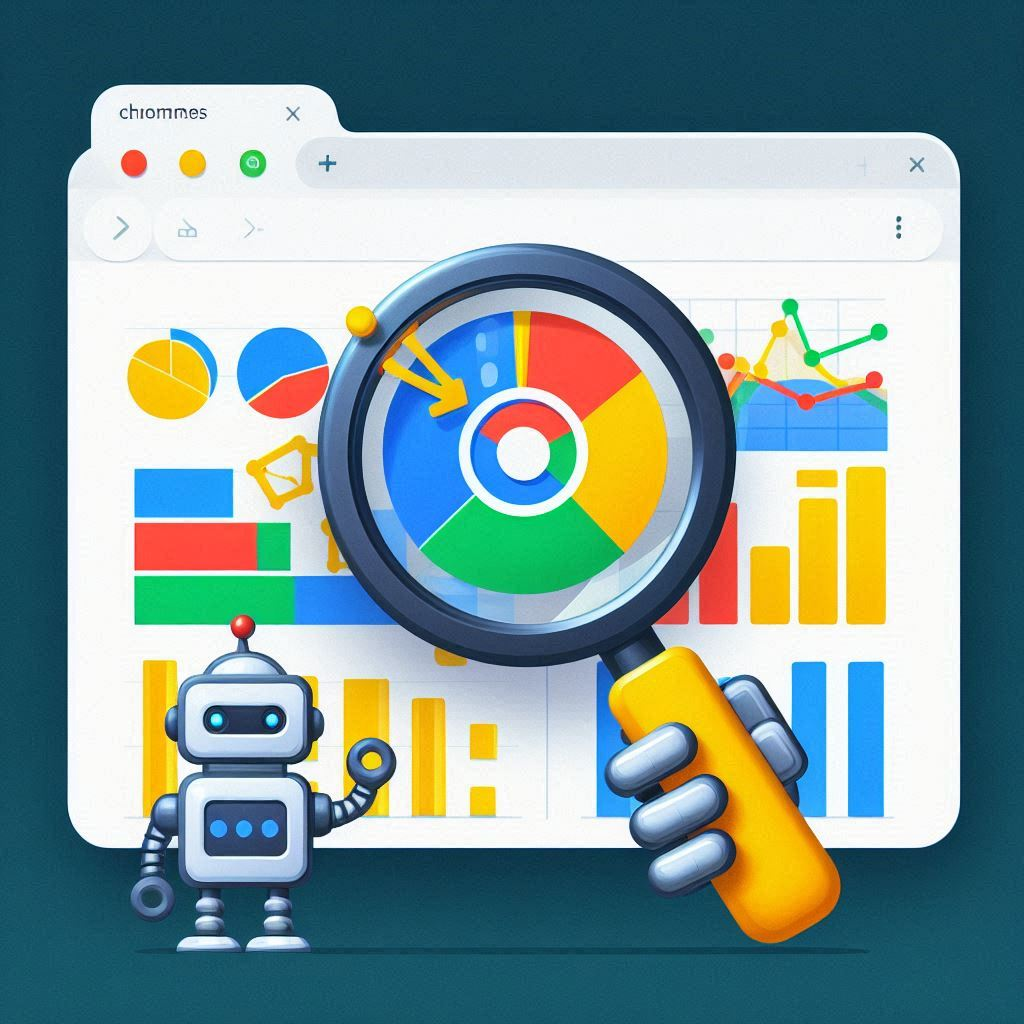
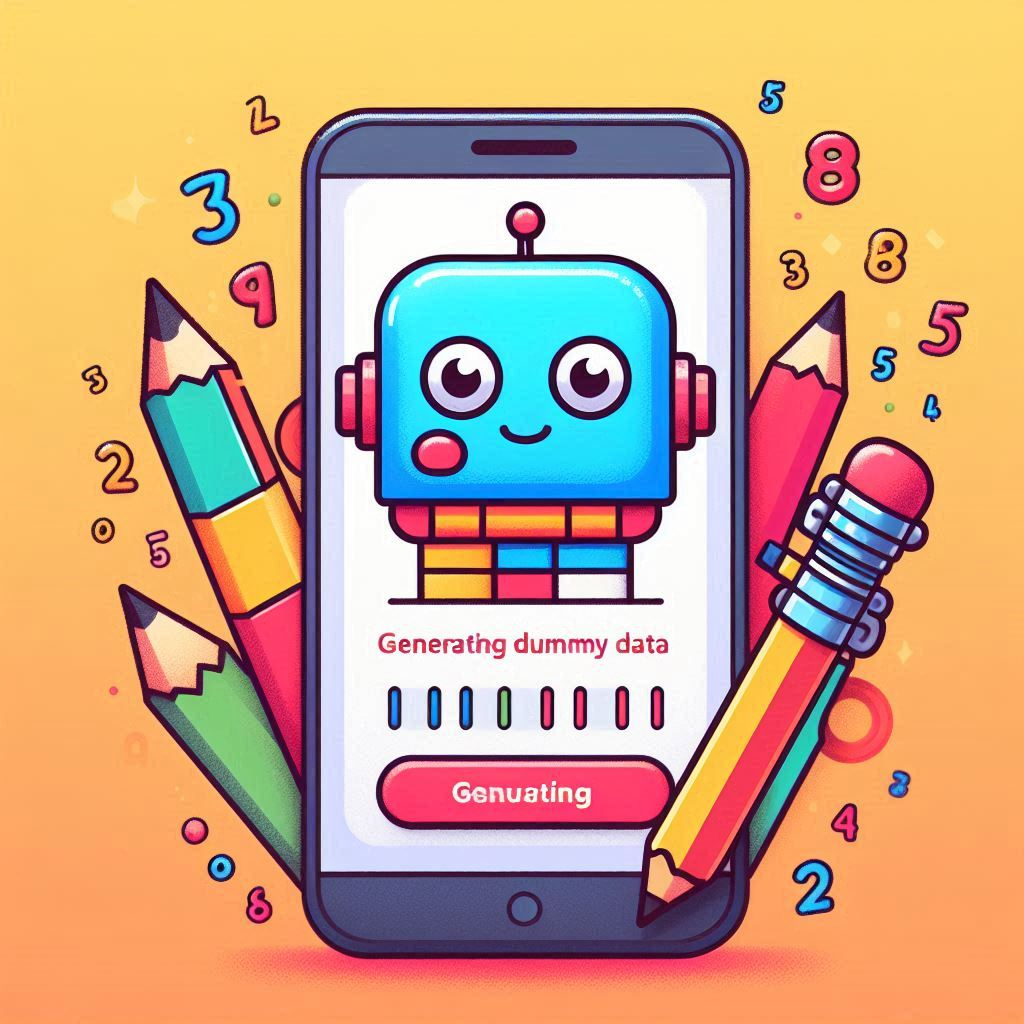
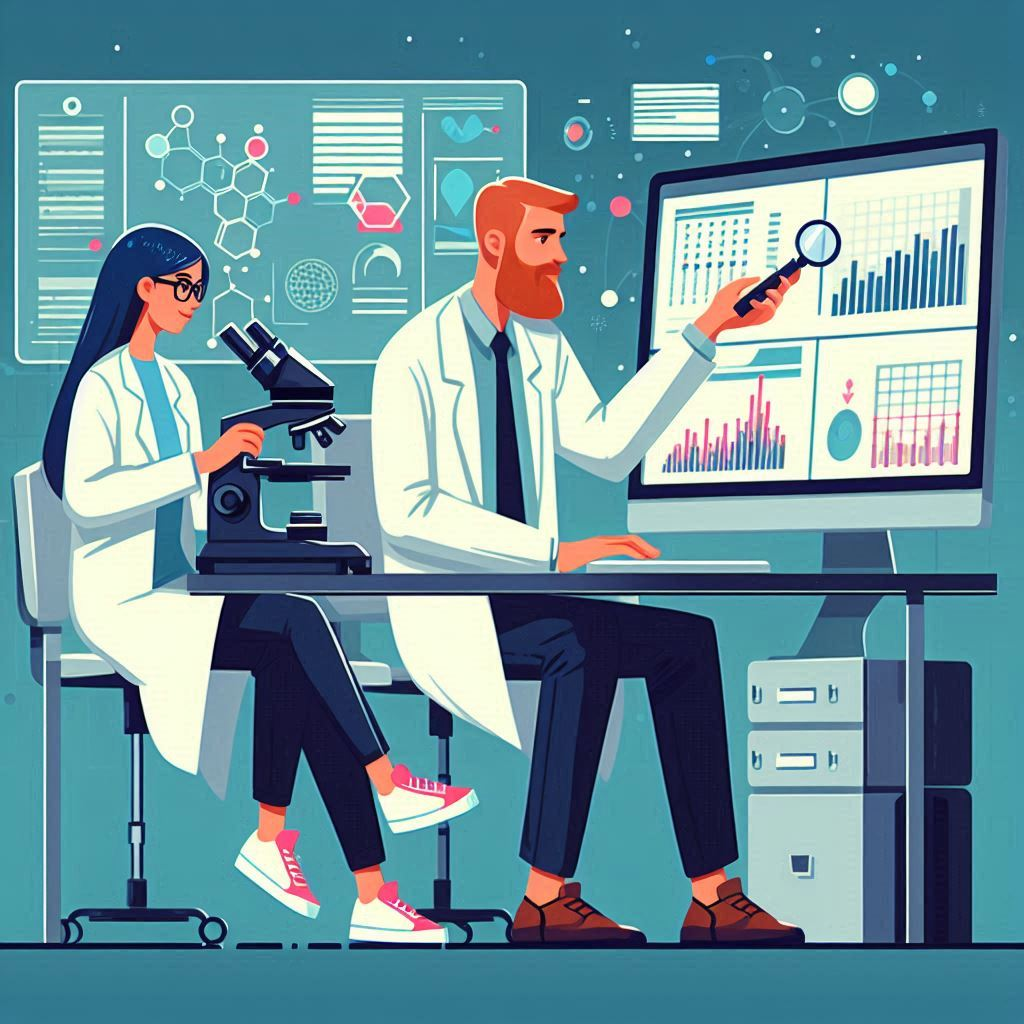
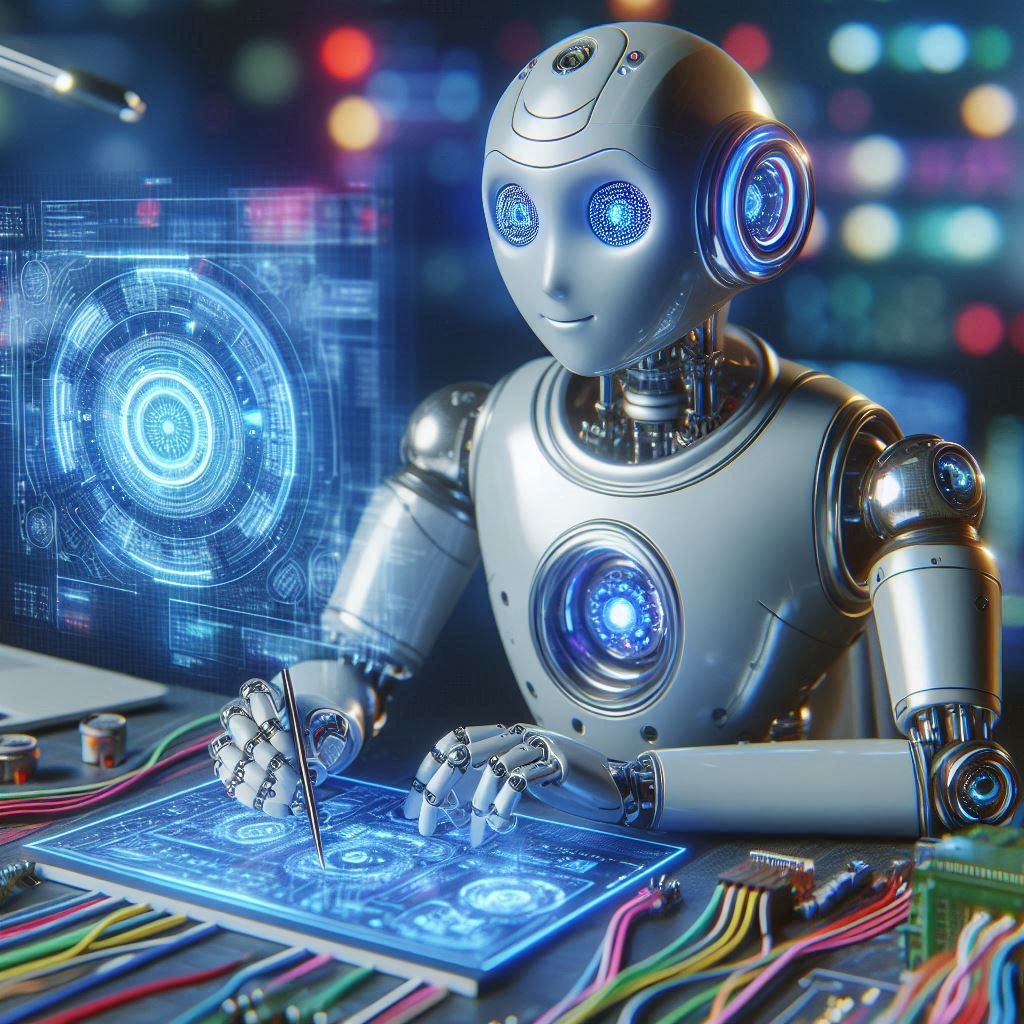
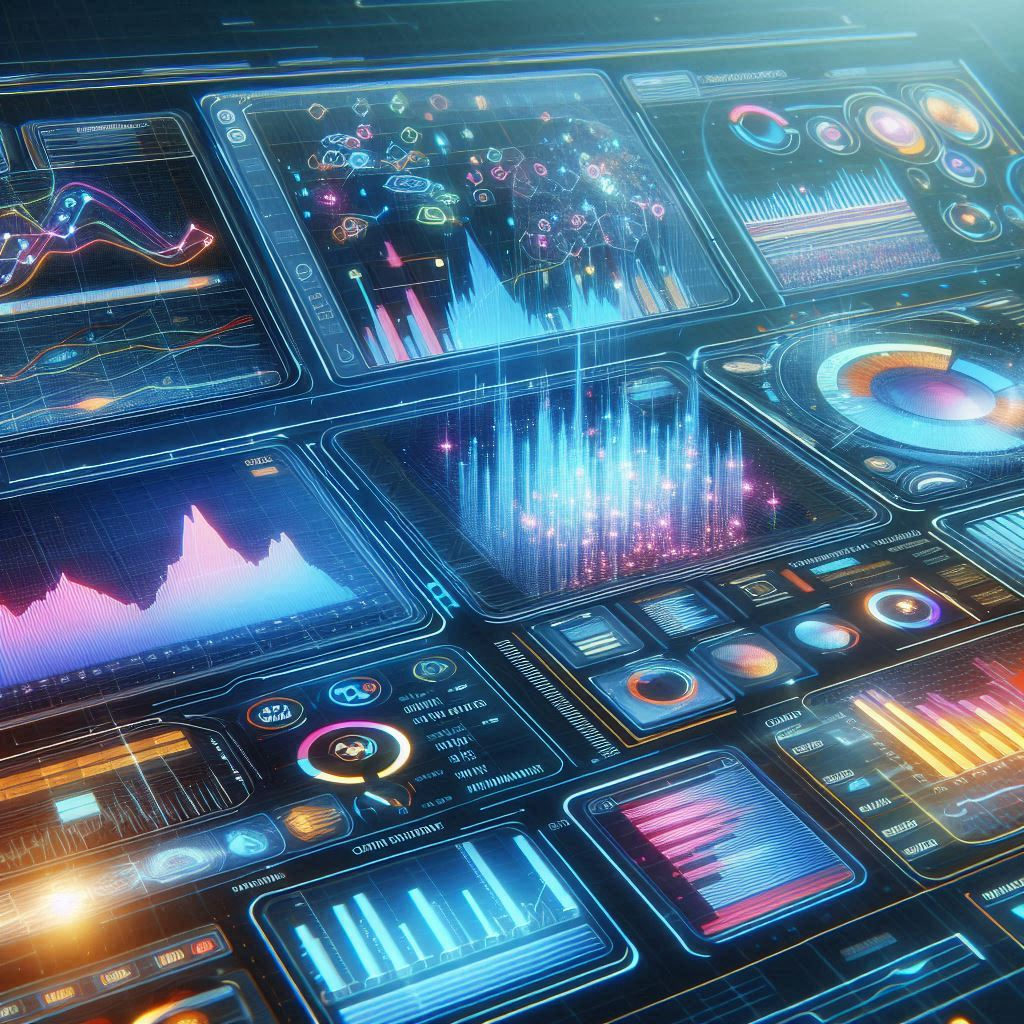
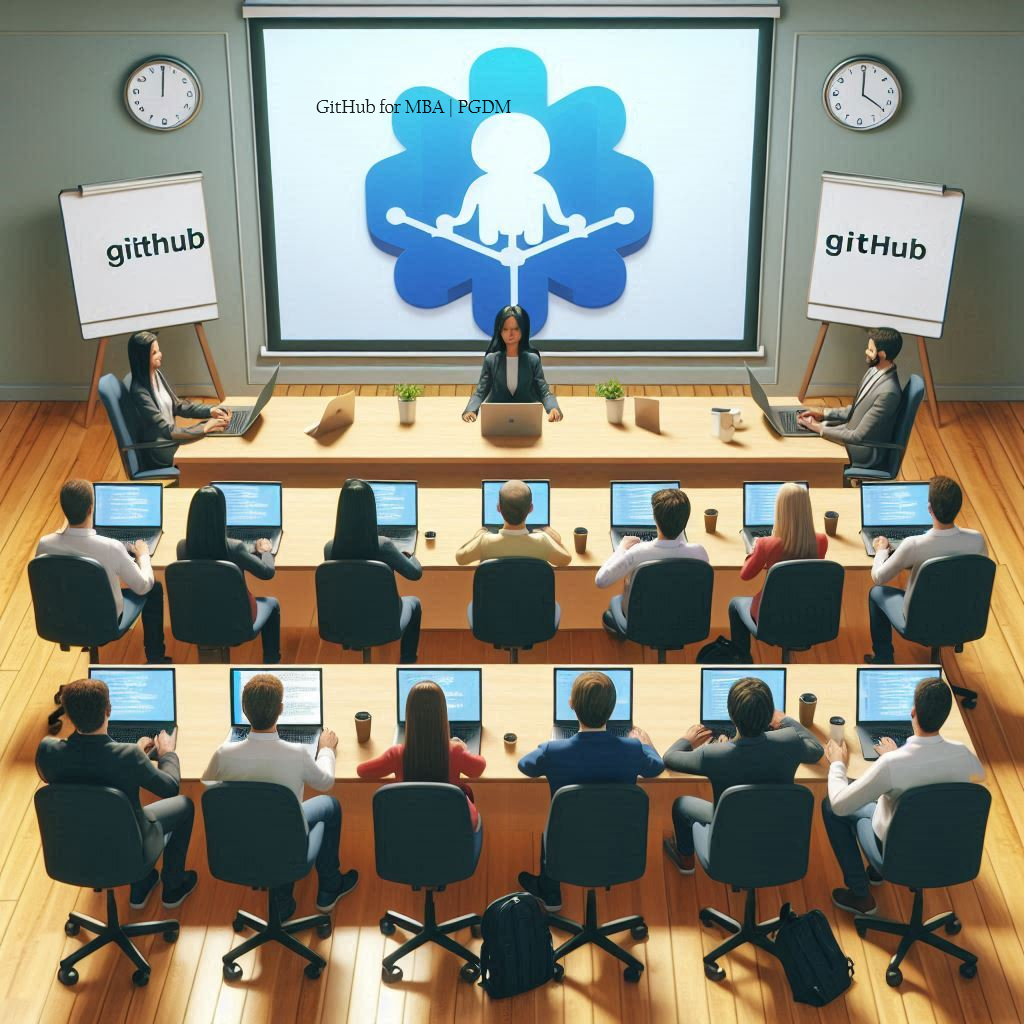
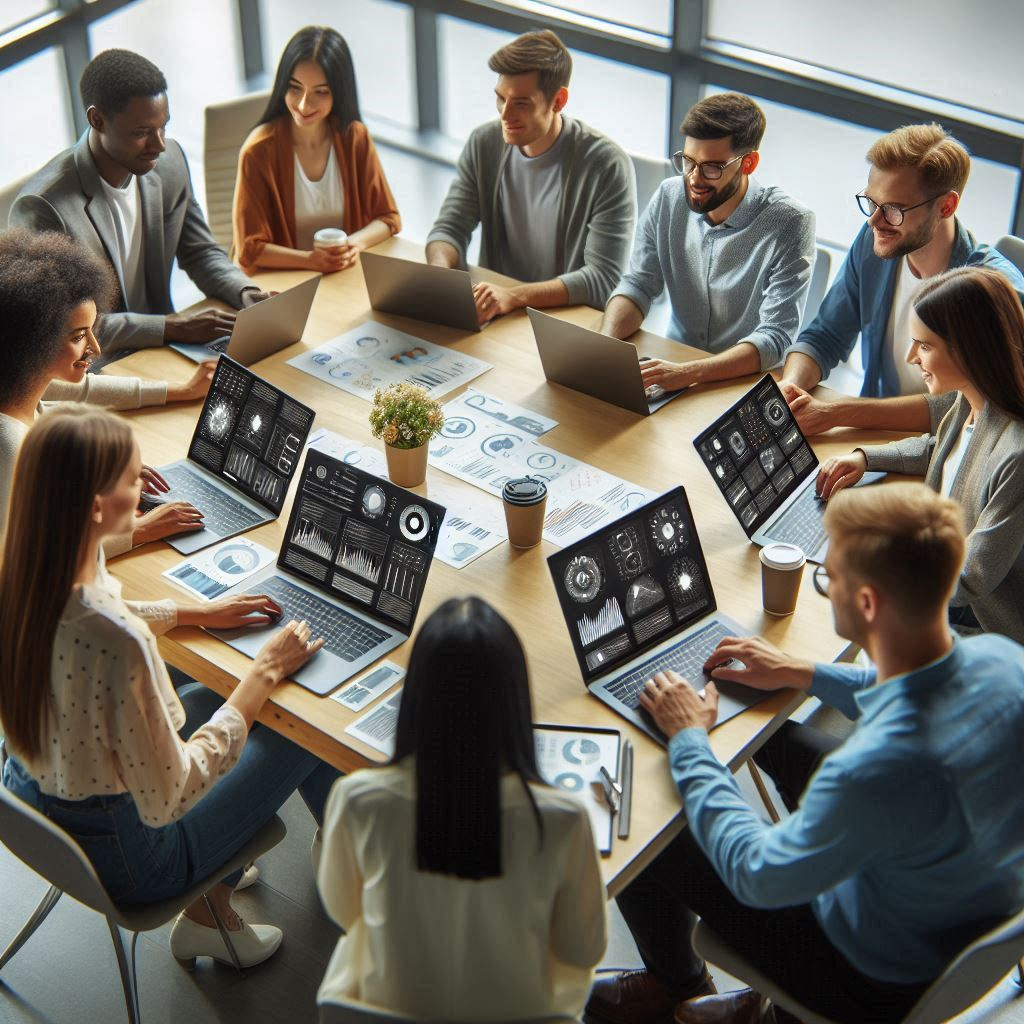
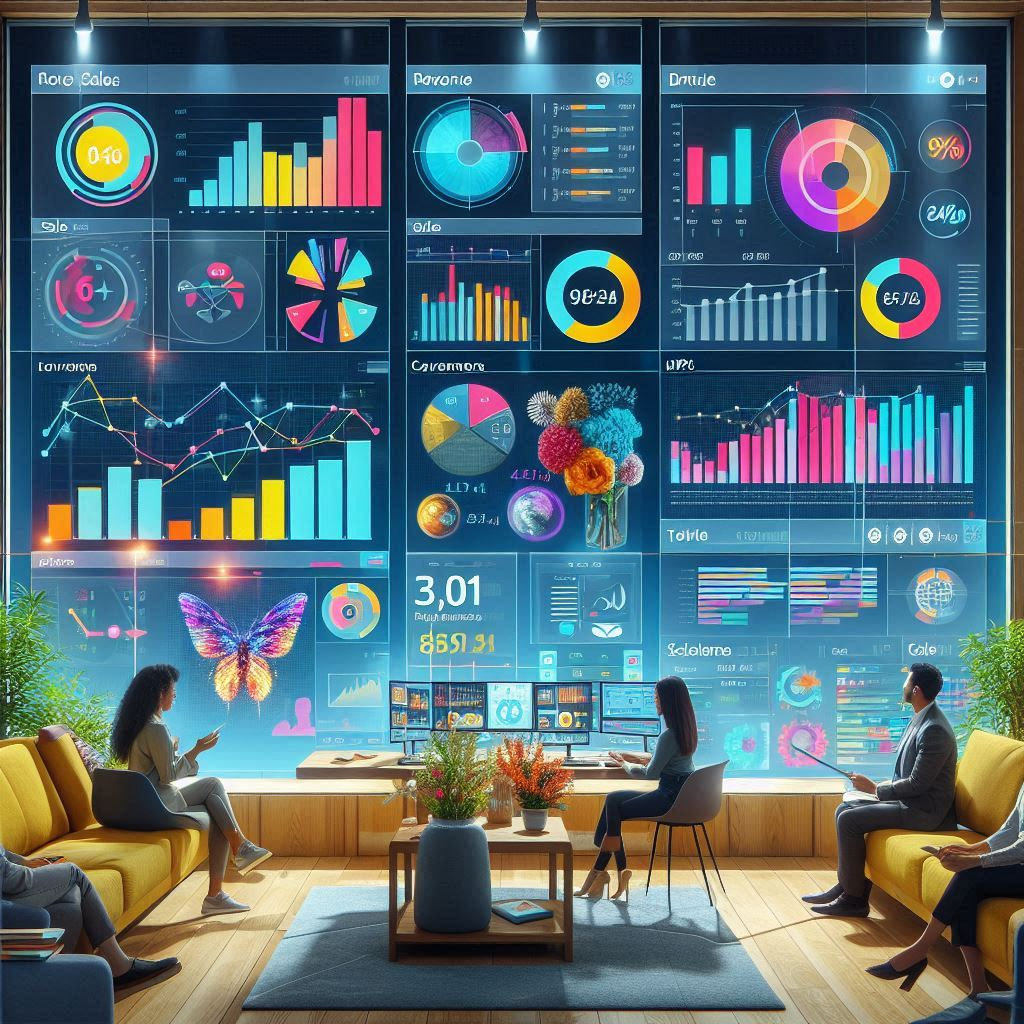
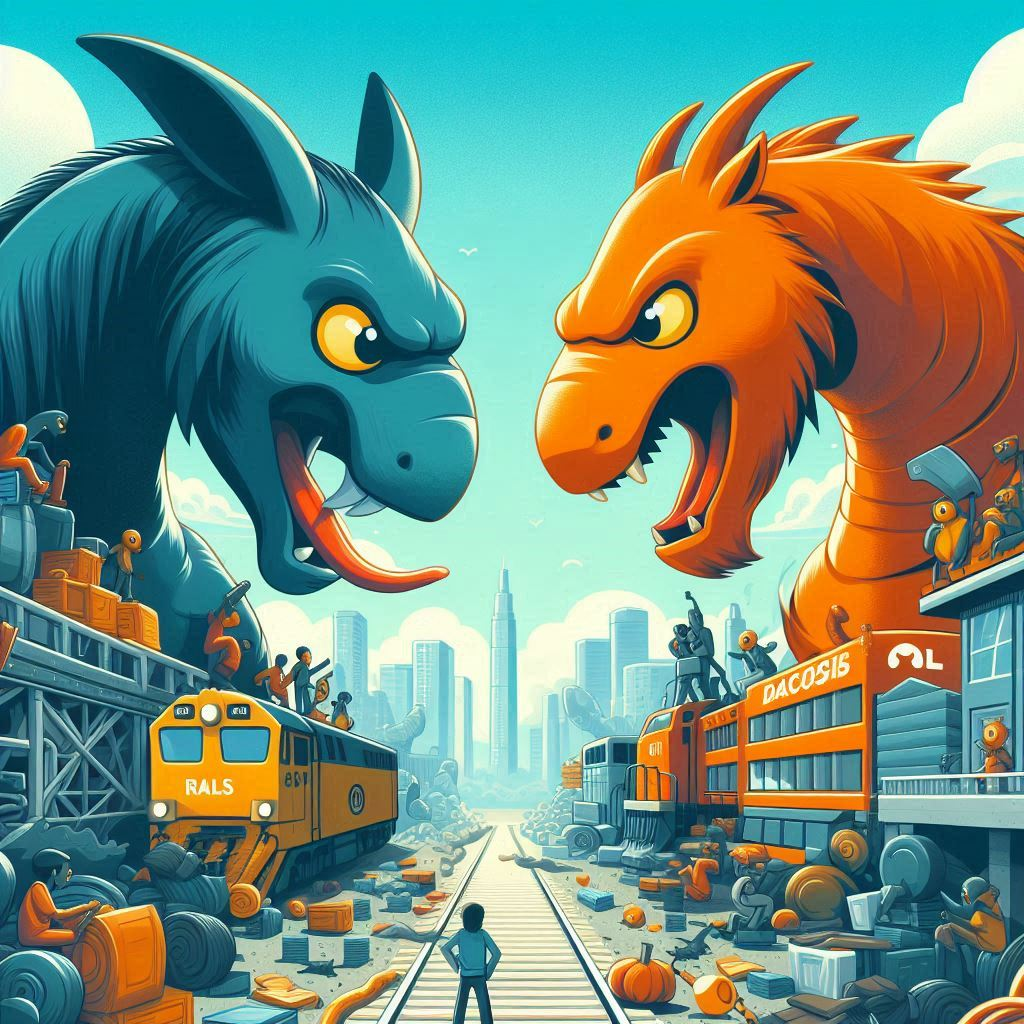
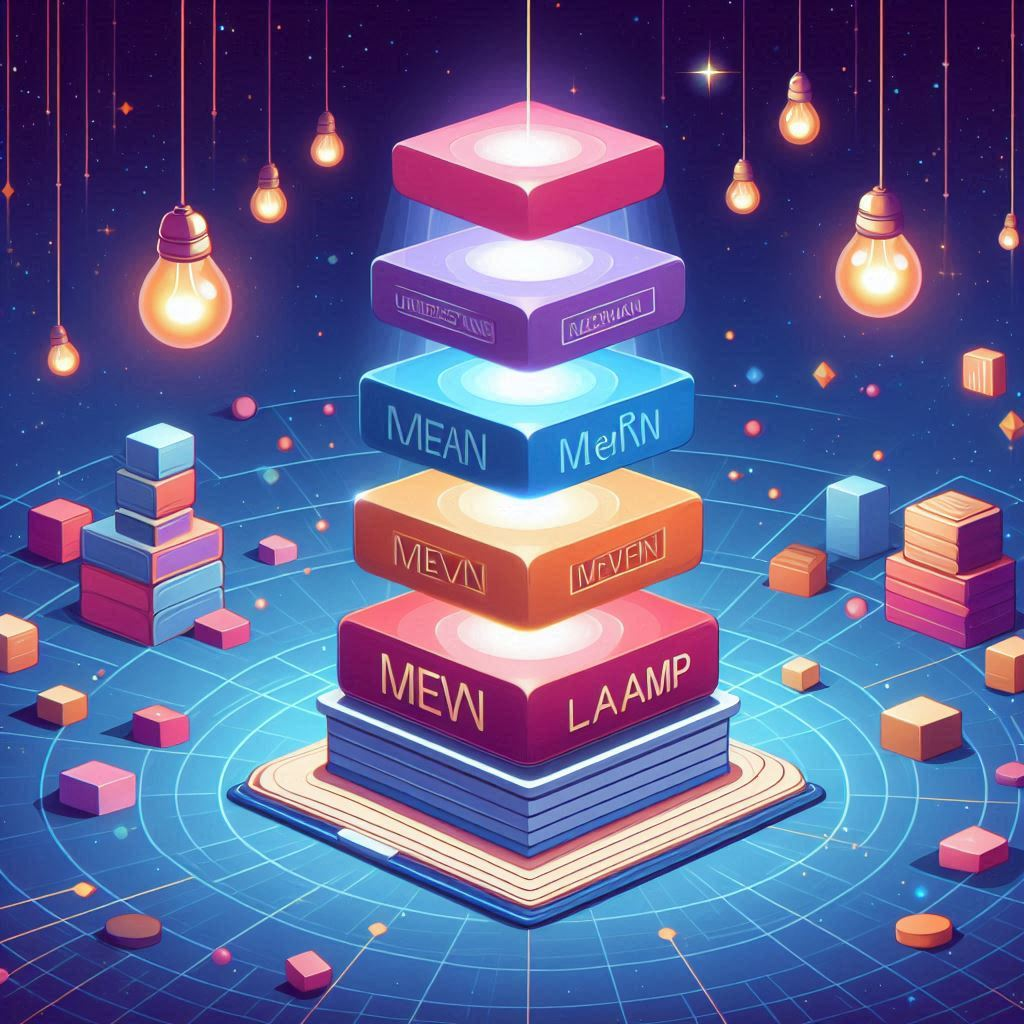
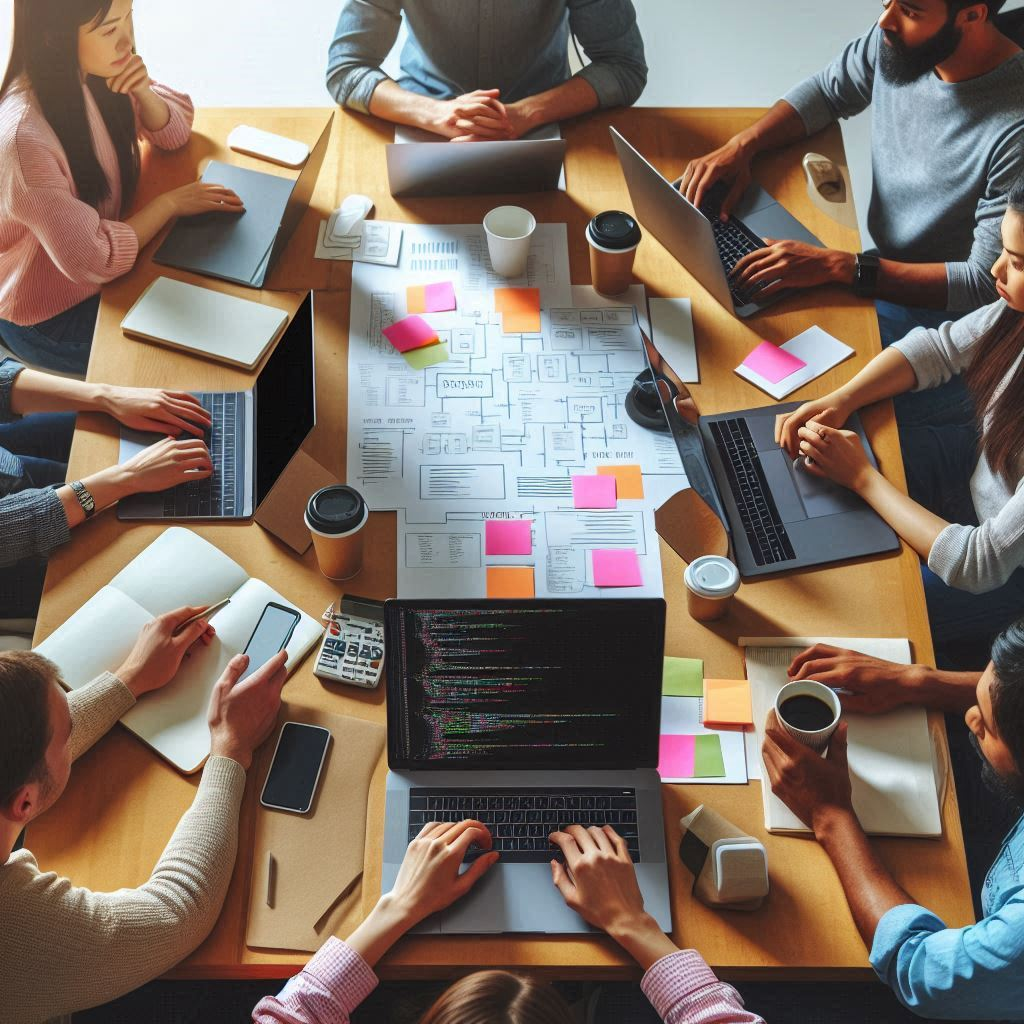
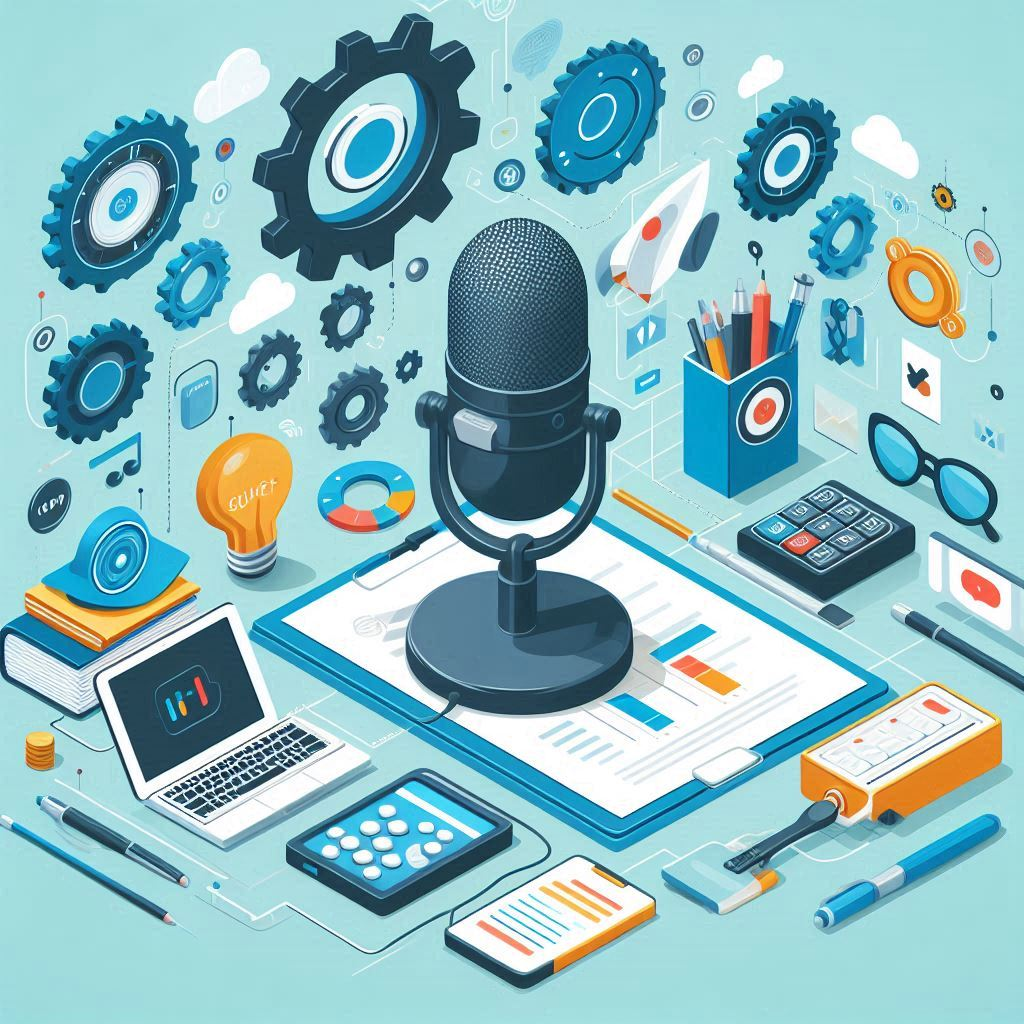
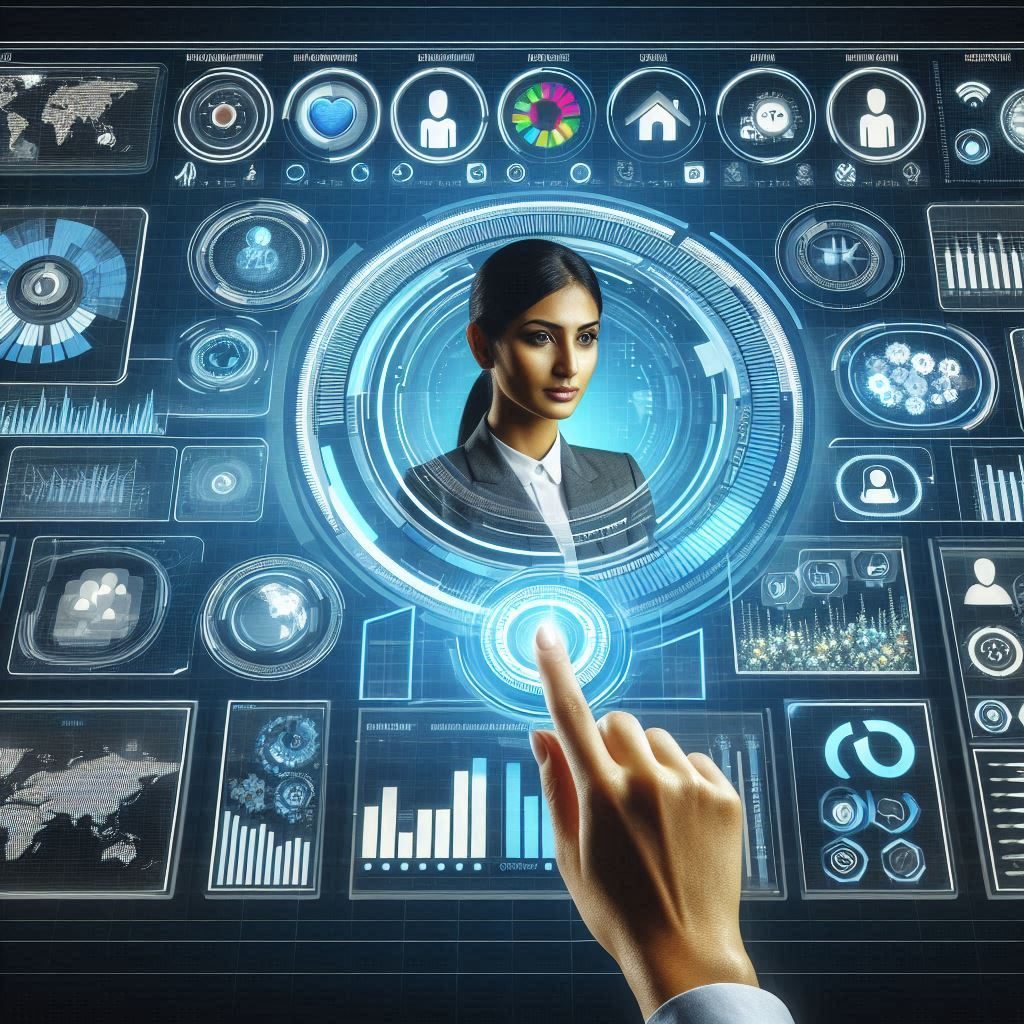
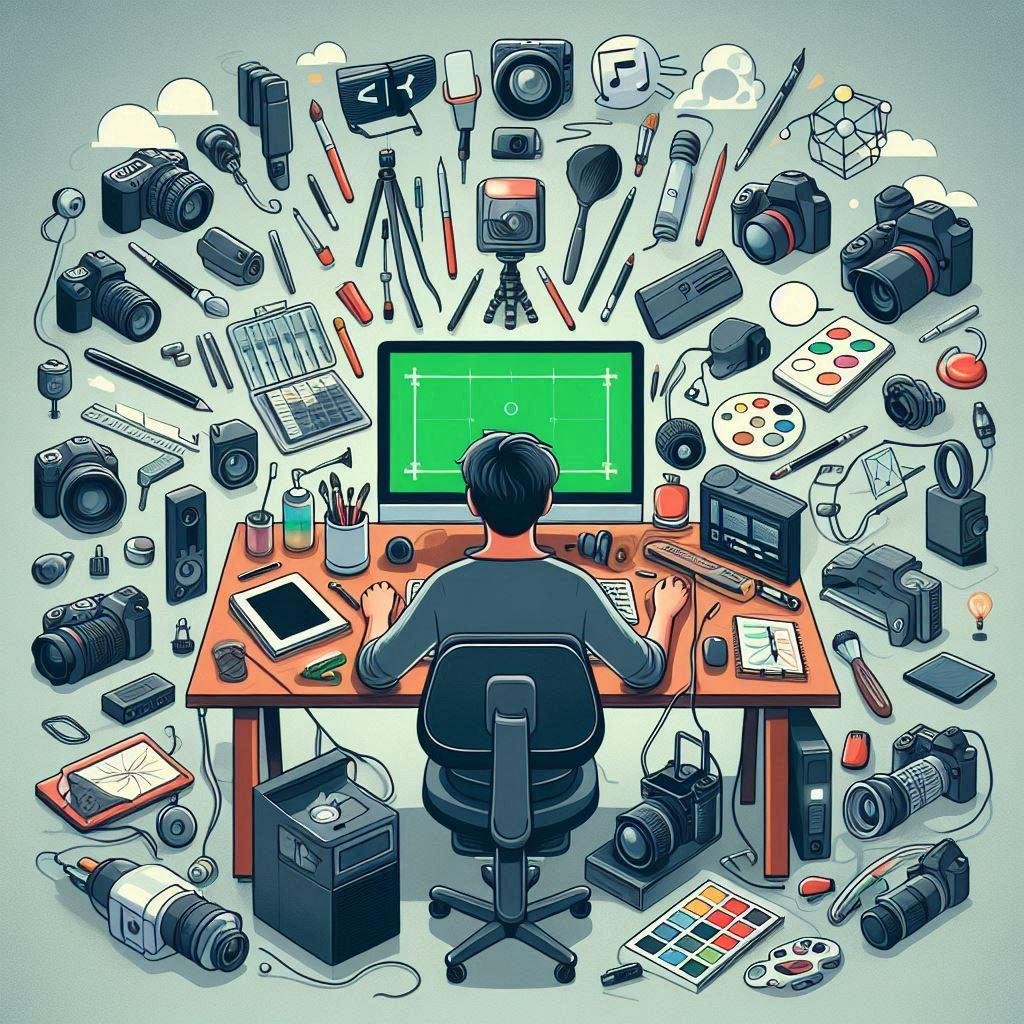
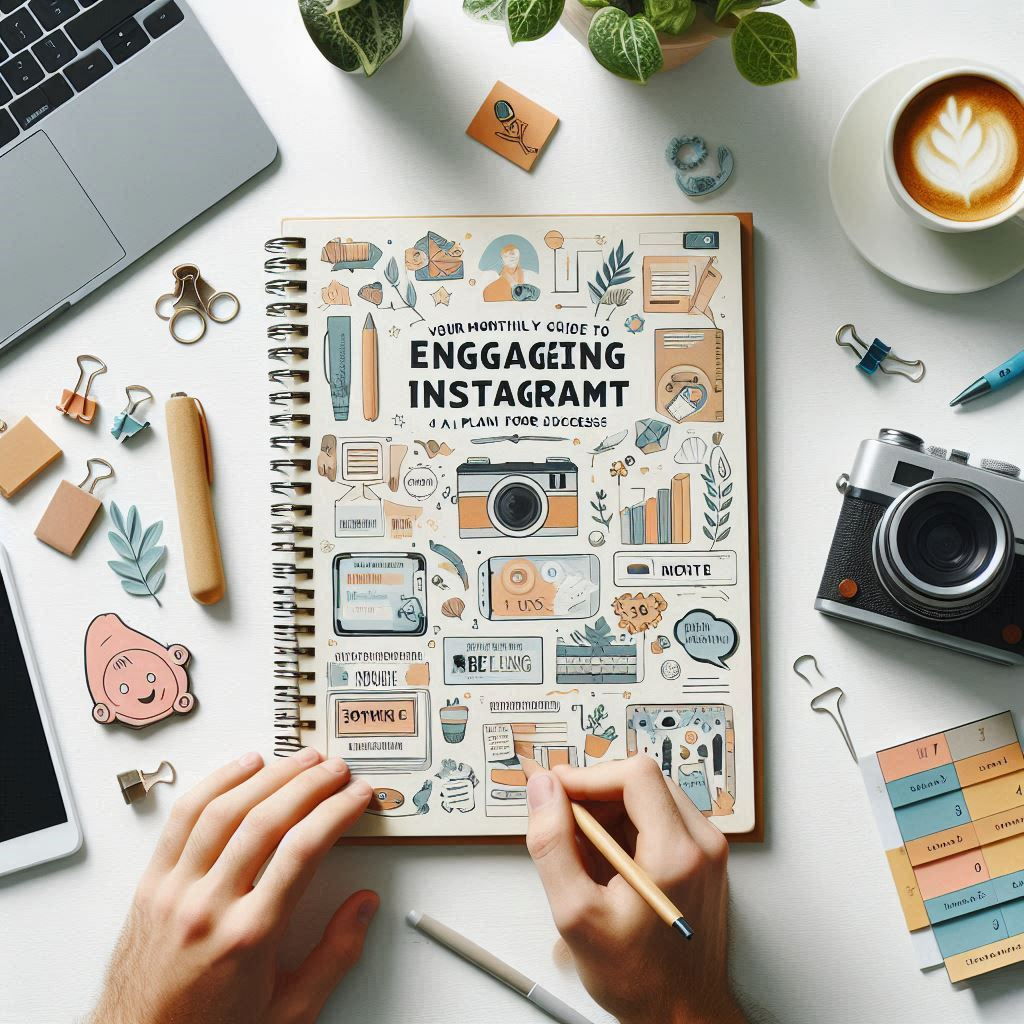
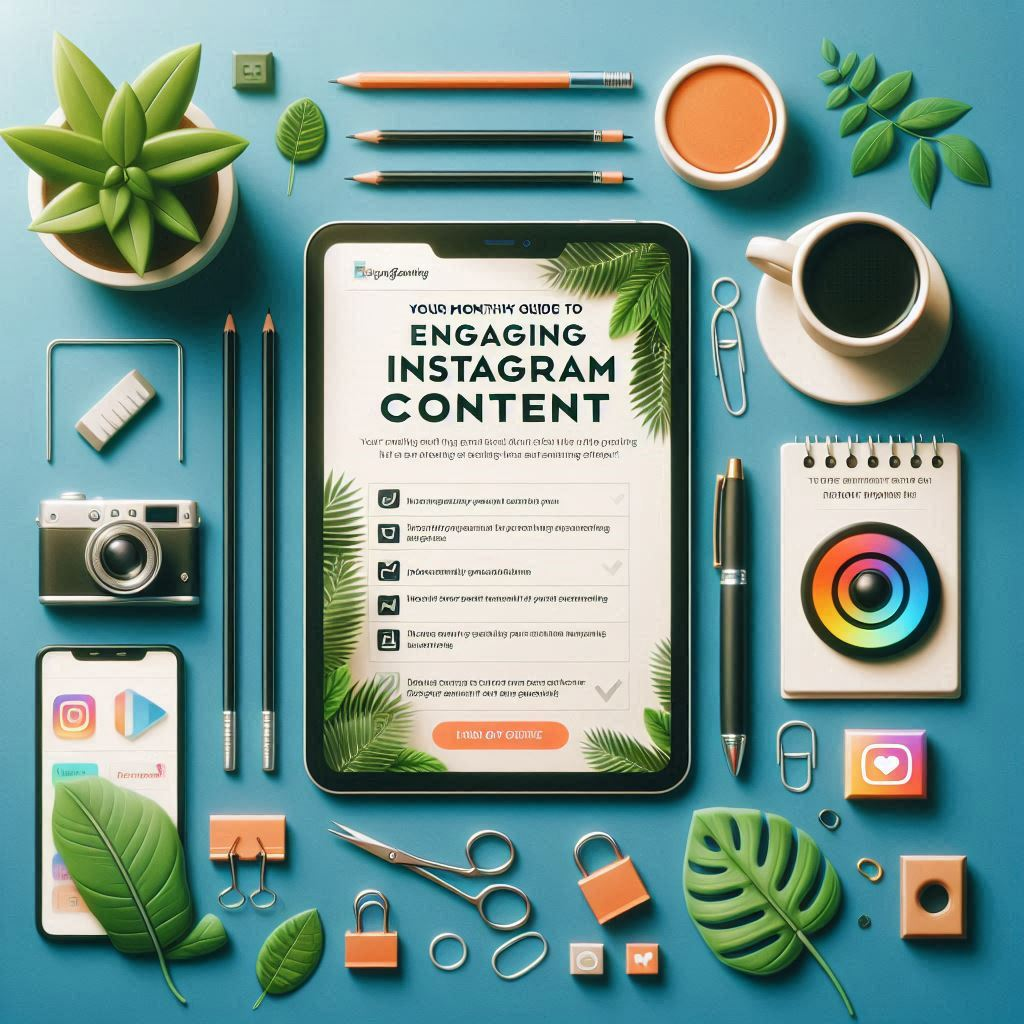
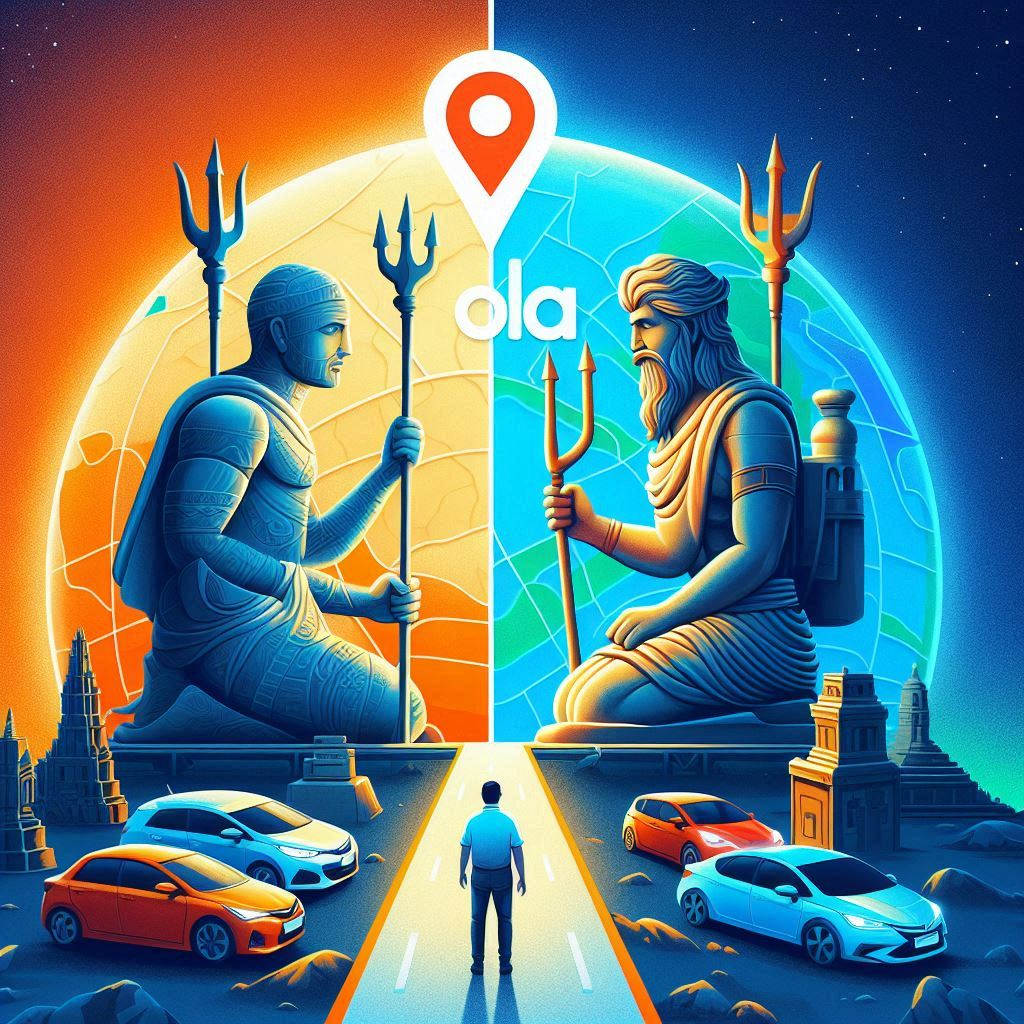
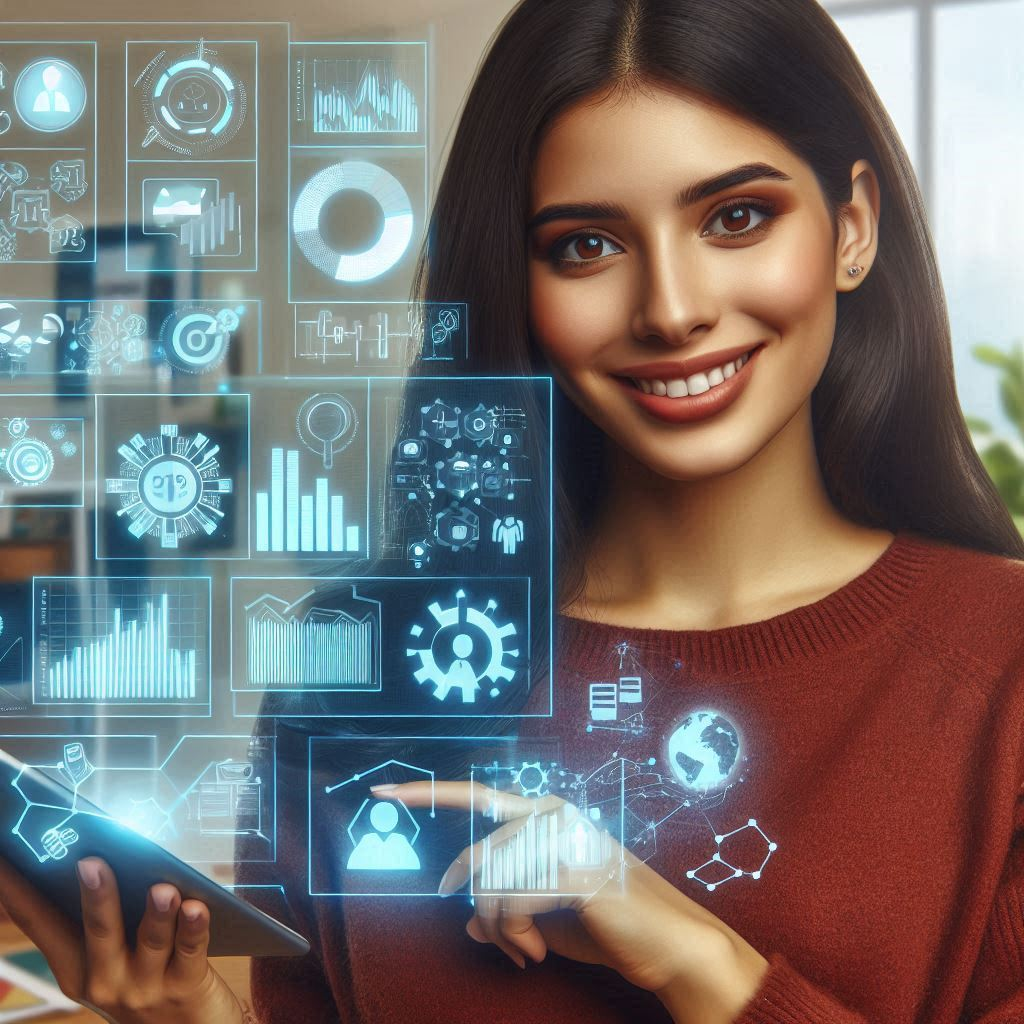
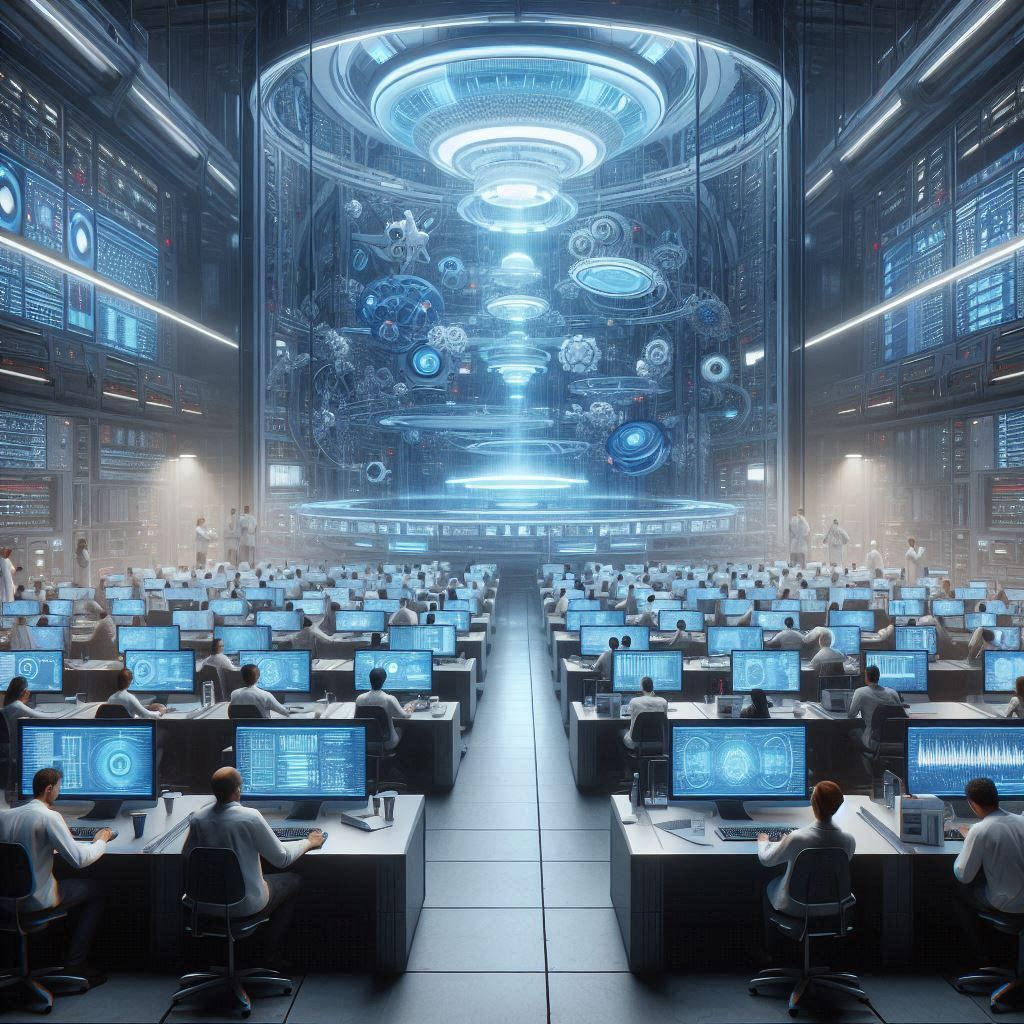
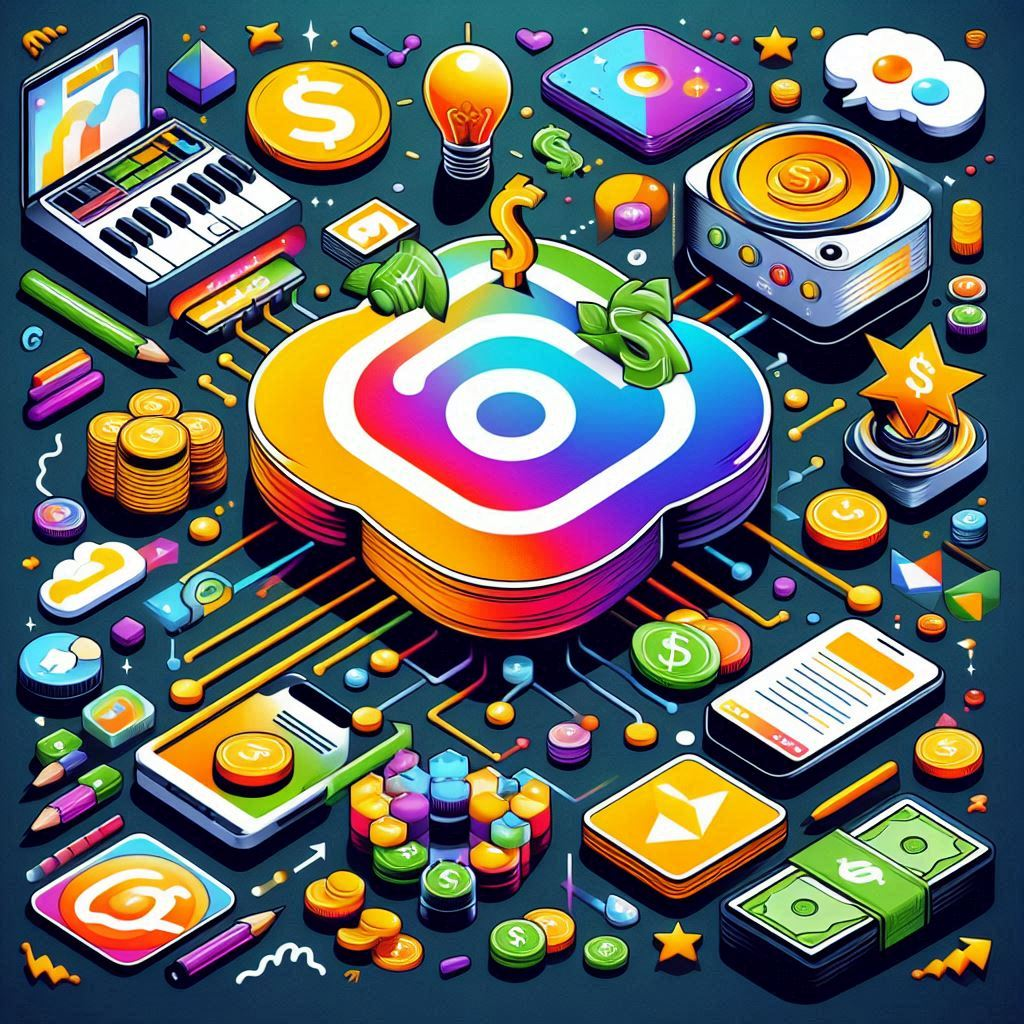
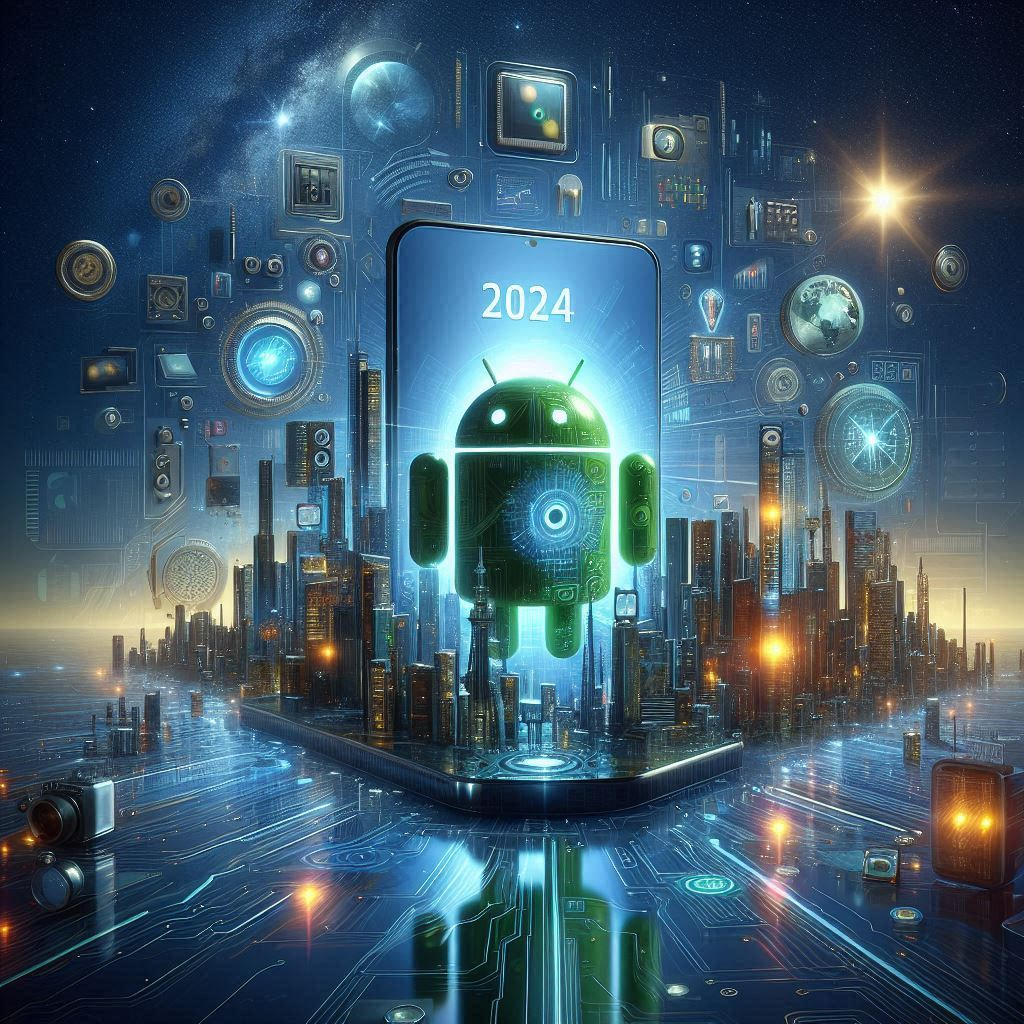
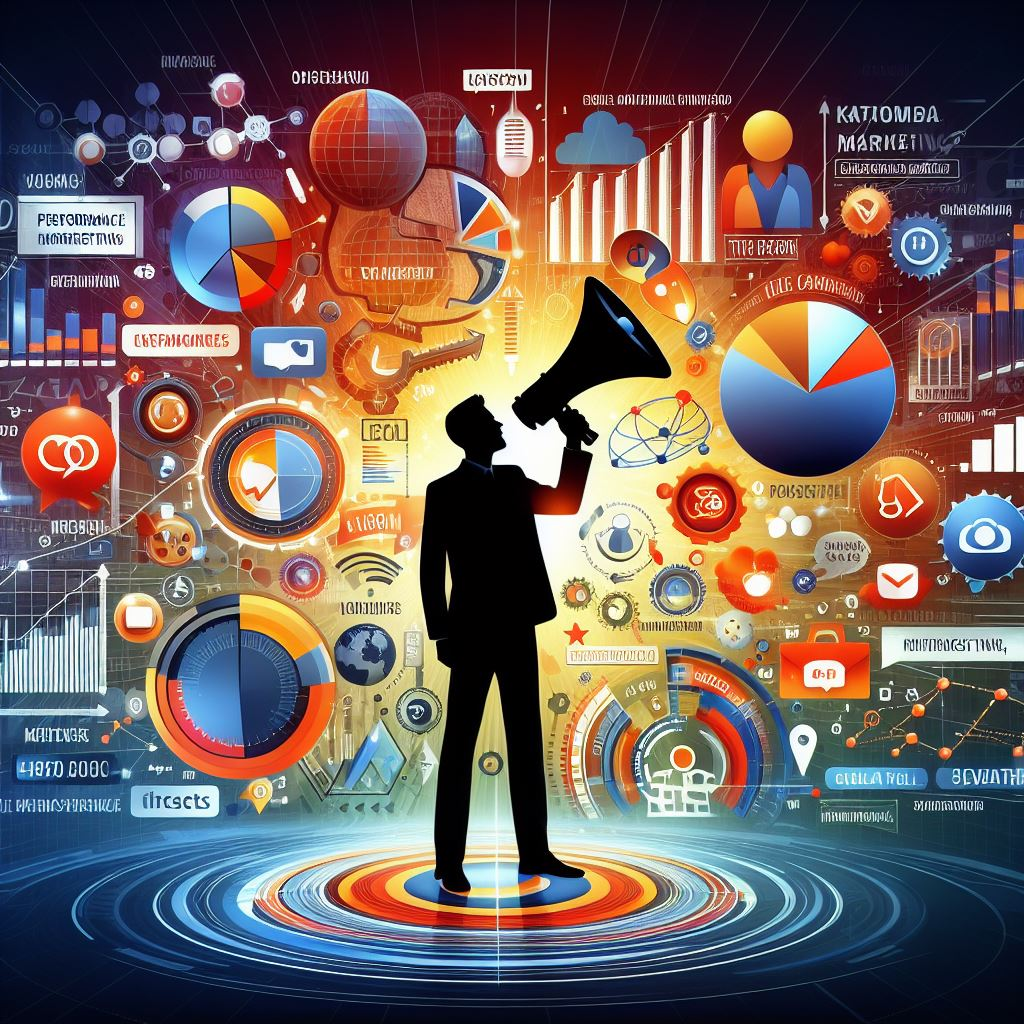

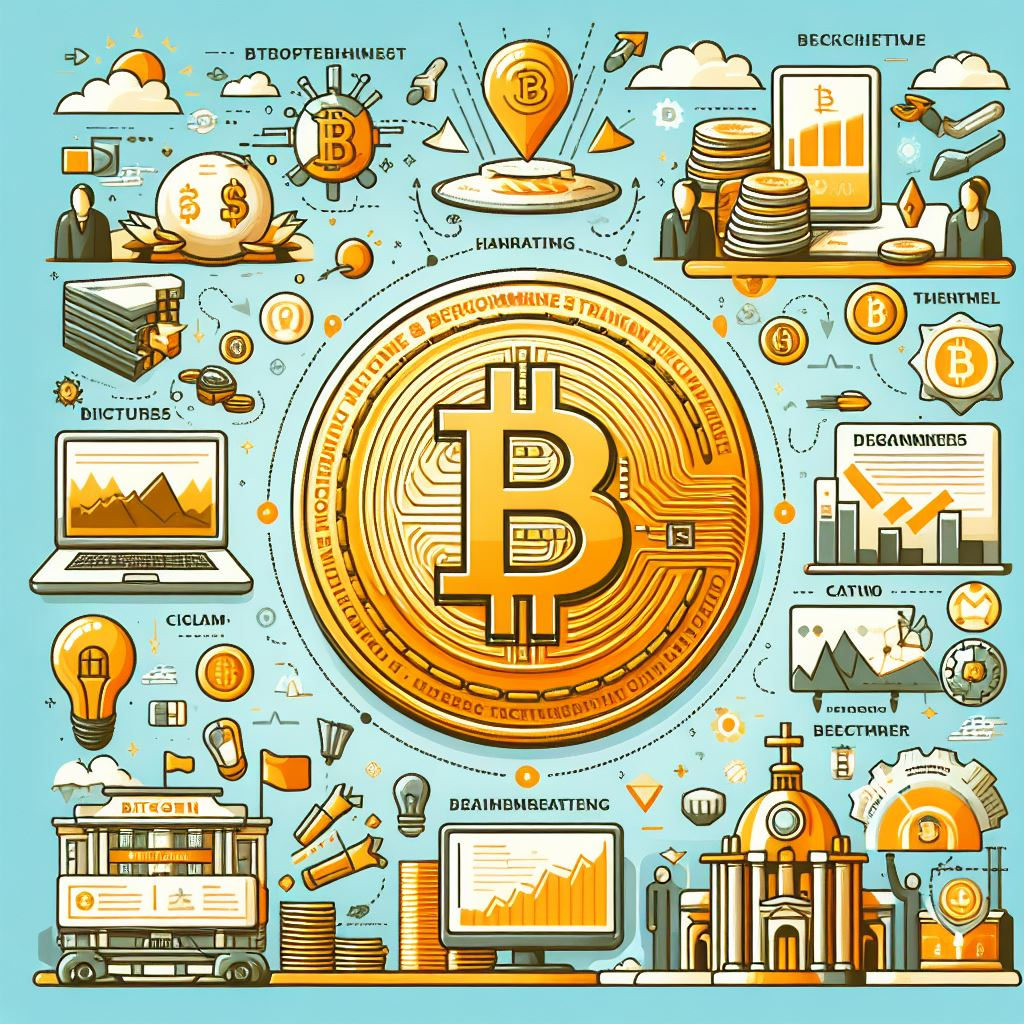
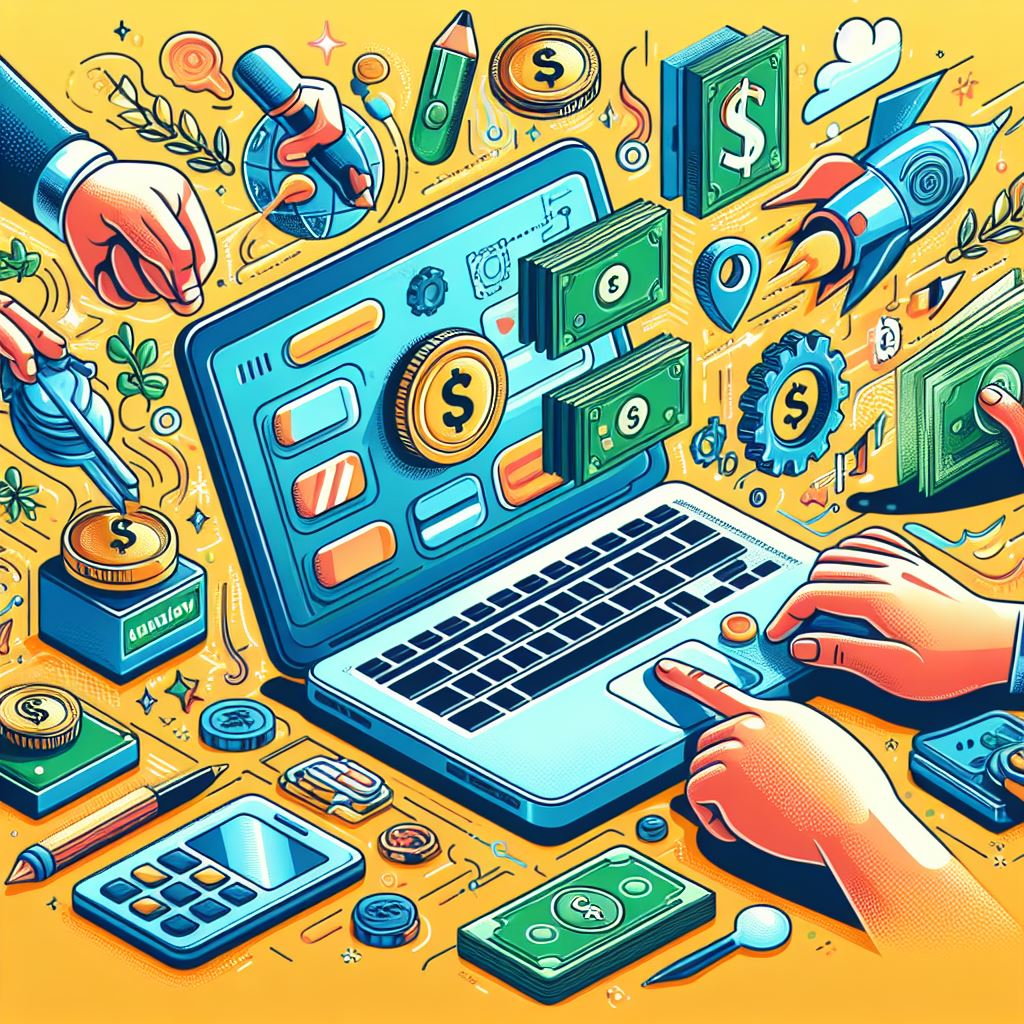
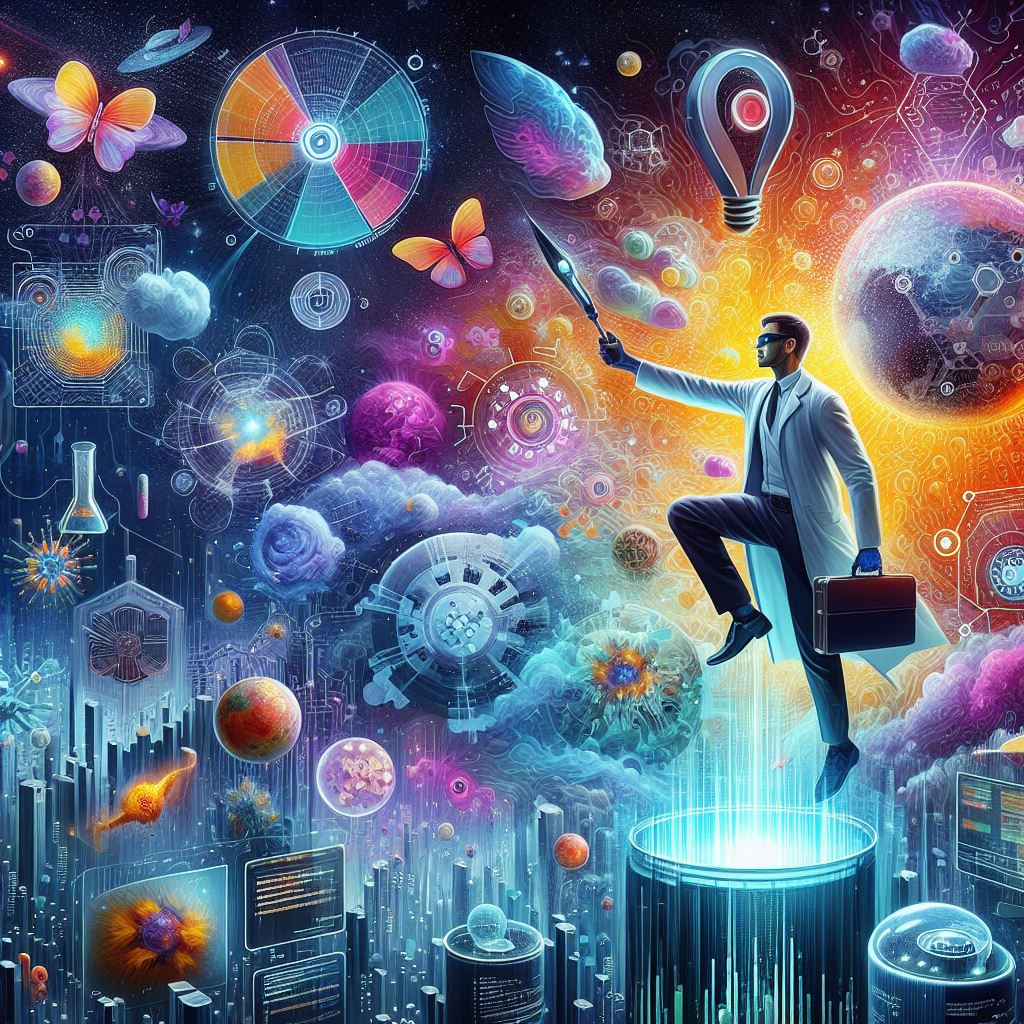







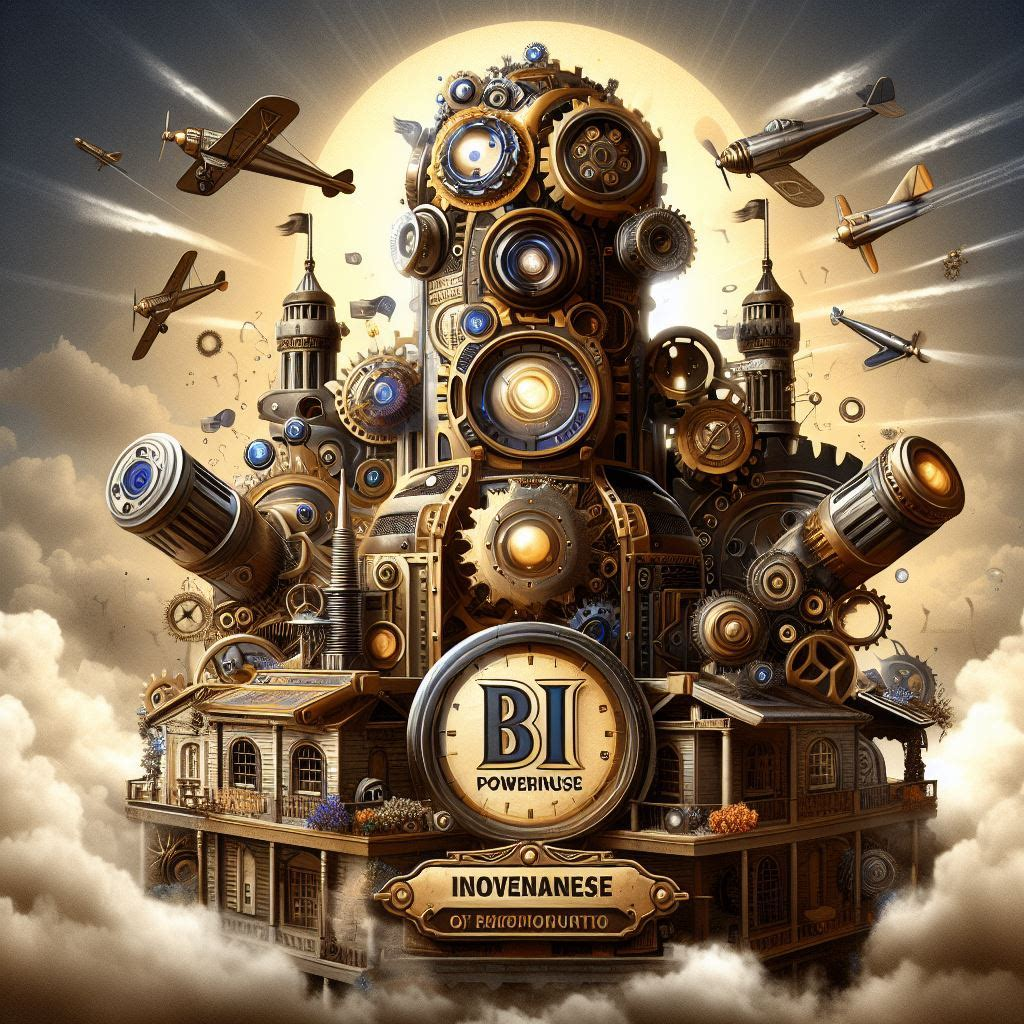















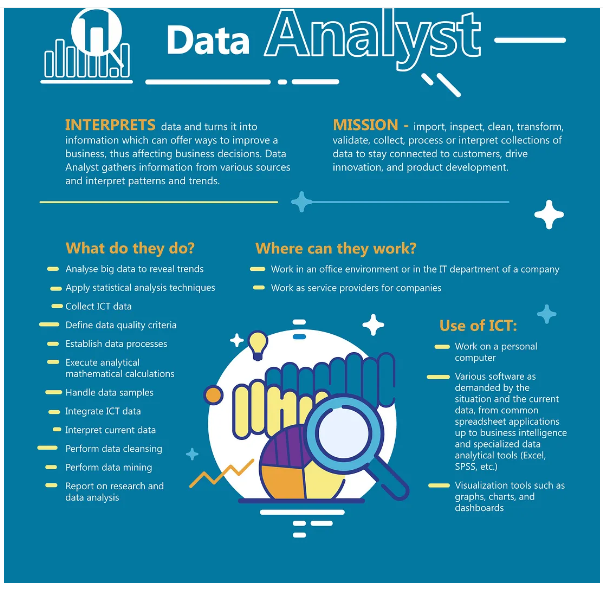







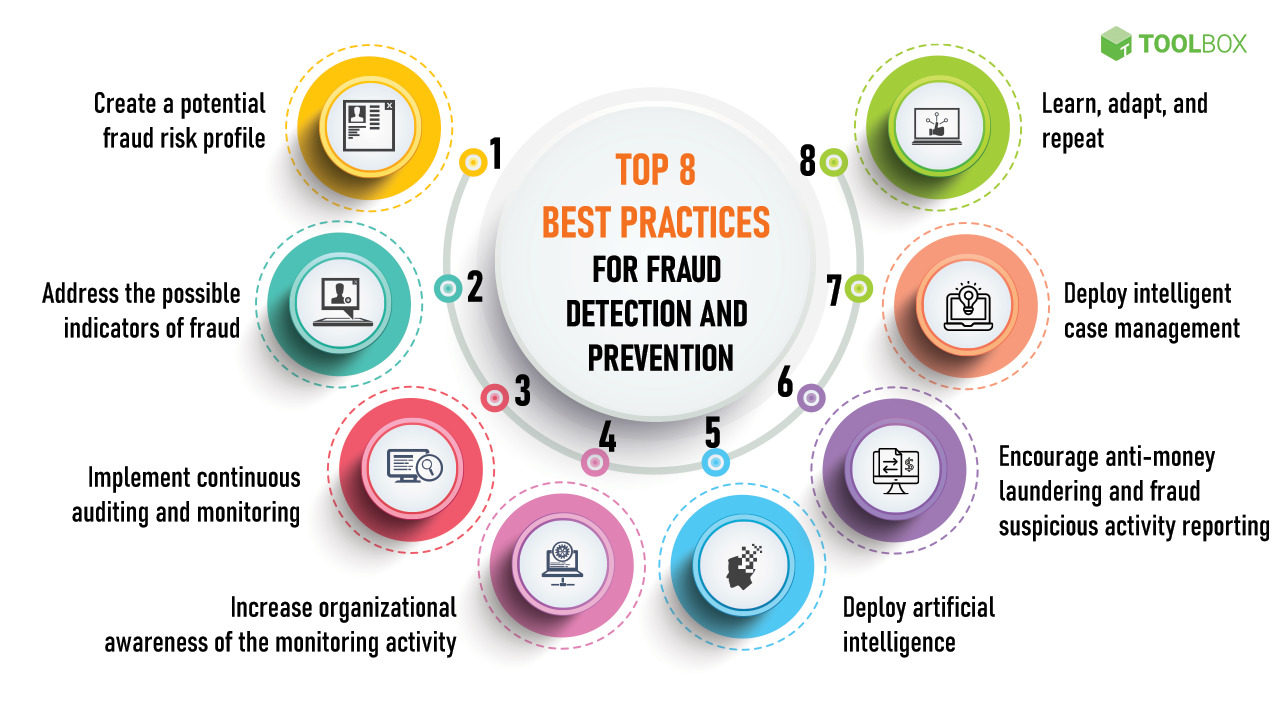

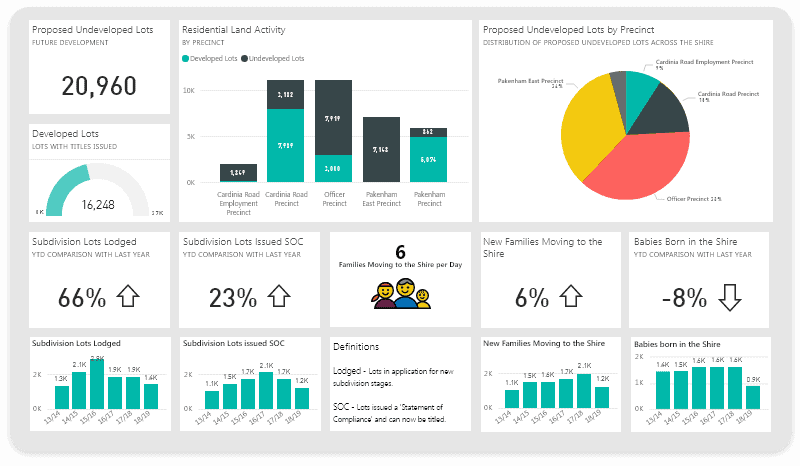
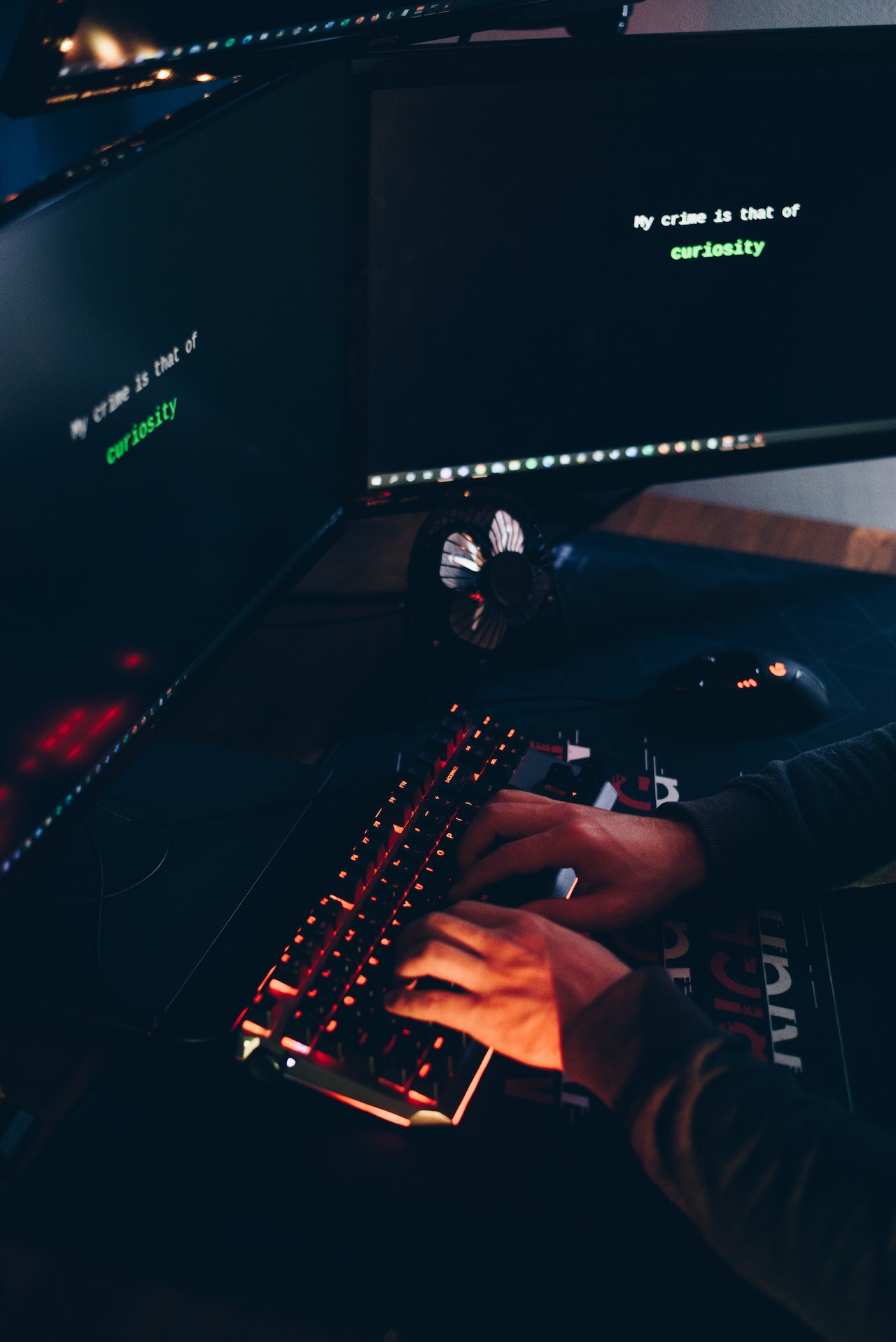

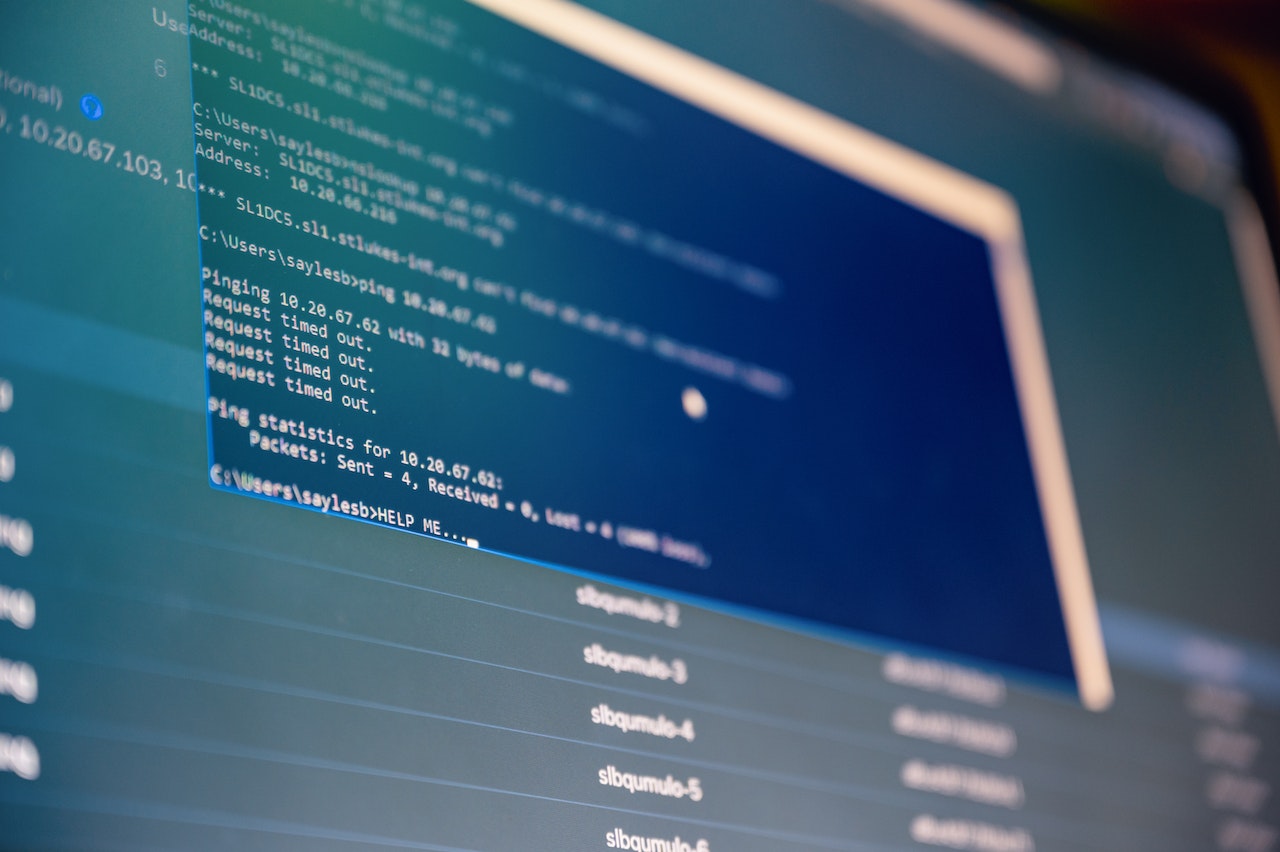
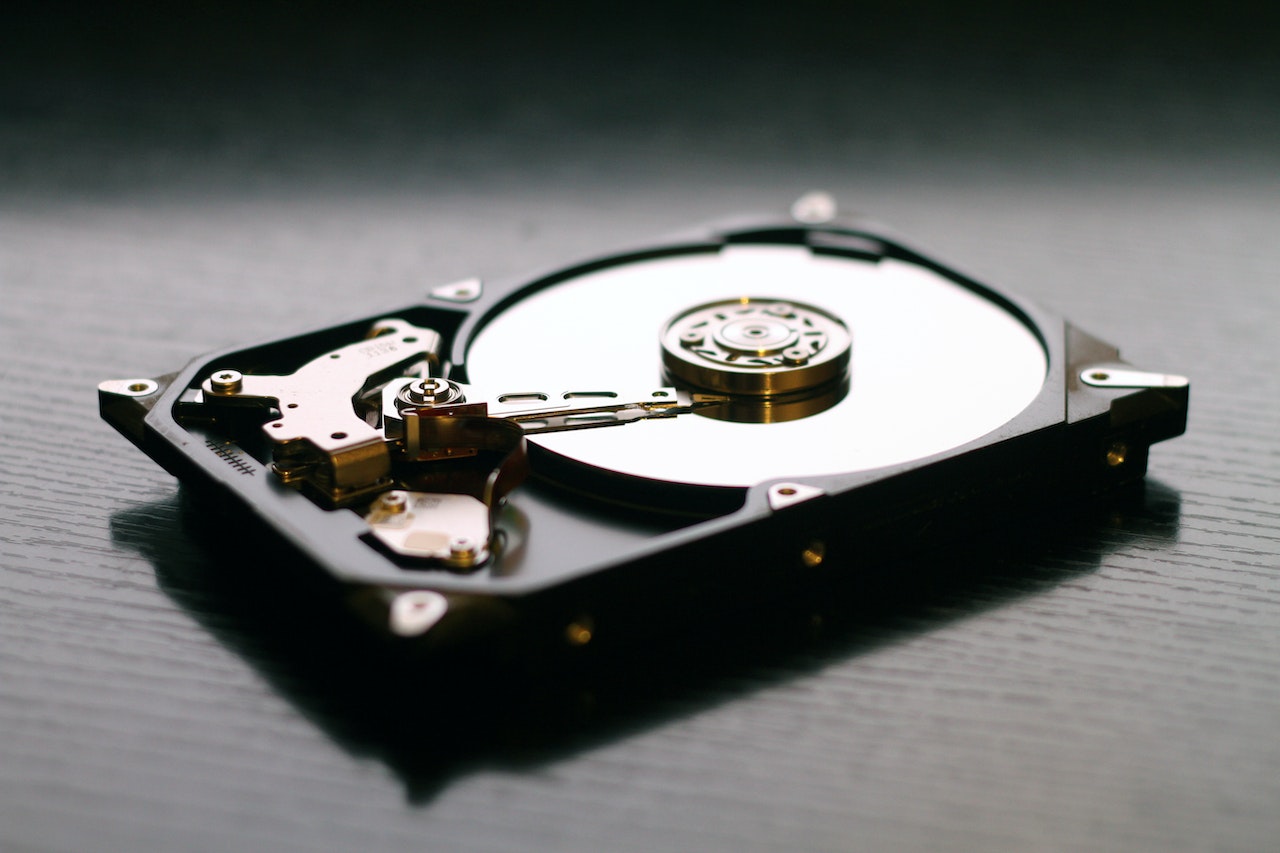


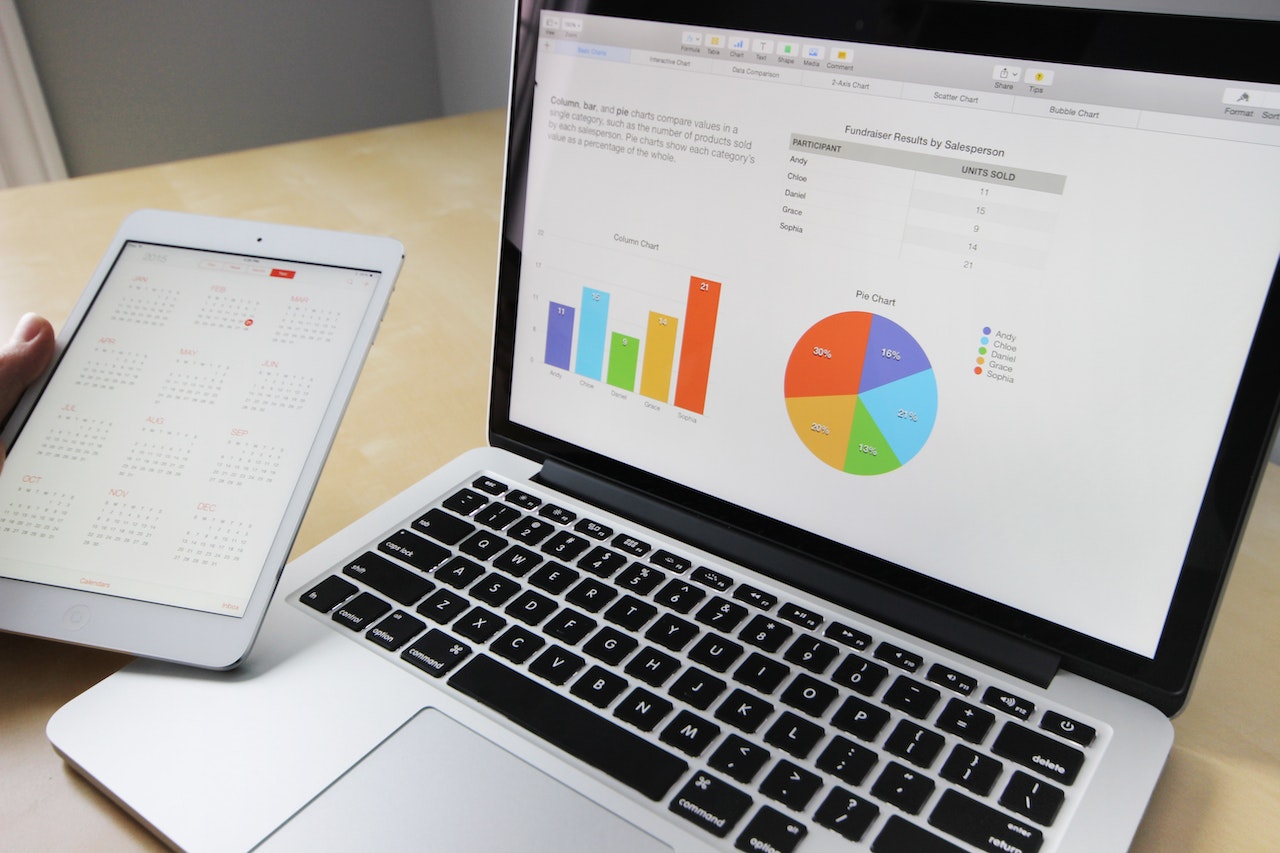



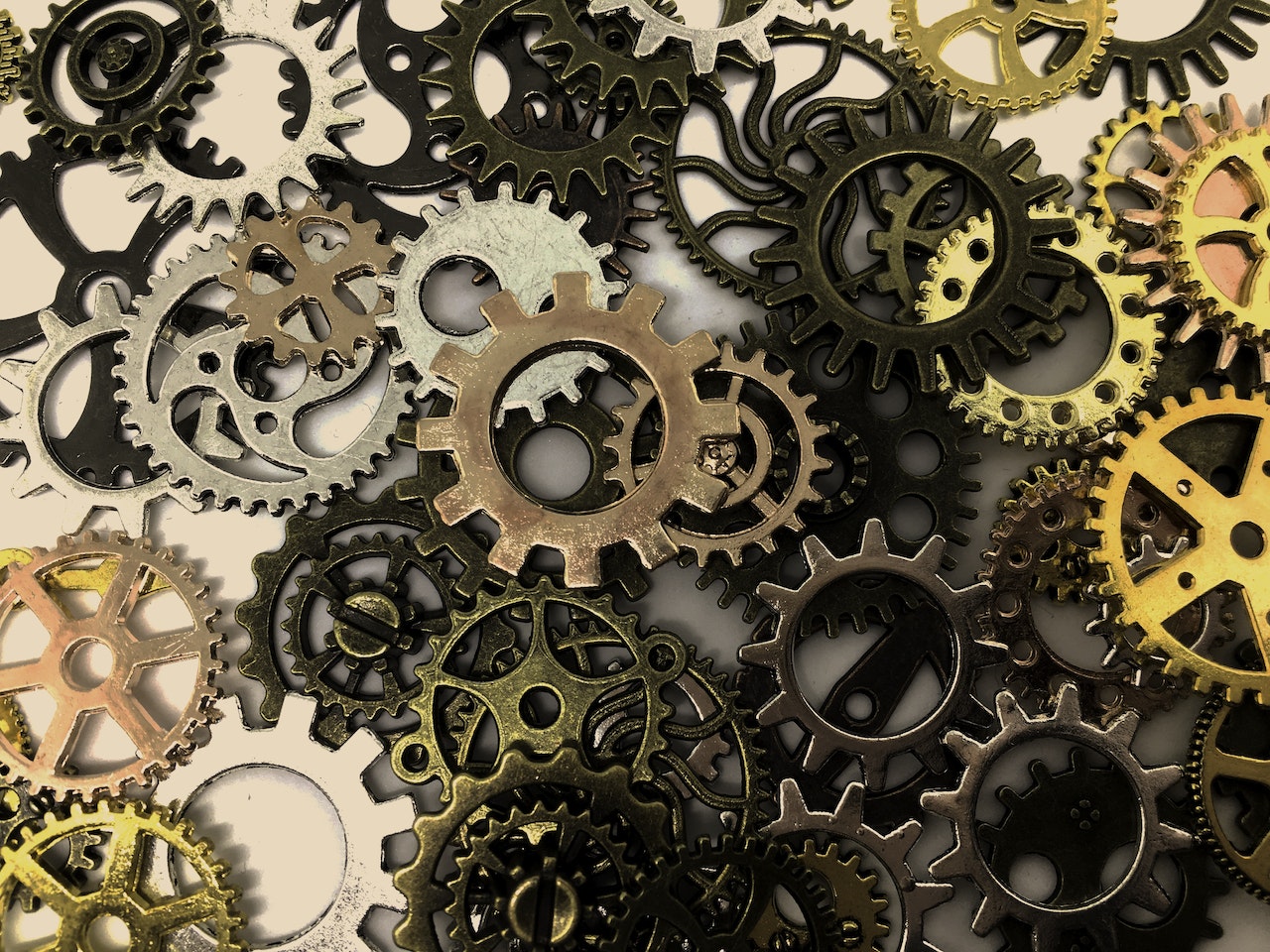





of course like your website but you have to check the spelling on several of your posts A number of them are rife with spelling issues and I in finding it very troublesome to inform the reality on the other hand I will certainly come back again
Your blog is a breath of fresh air in the often stagnant world of online content. Your thoughtful analysis and insightful commentary never fail to leave a lasting impression. Thank you for sharing your wisdom with us.
I was suggested this web site by my cousin Im not sure whether this post is written by him as no one else know such detailed about my trouble You are incredible Thanks